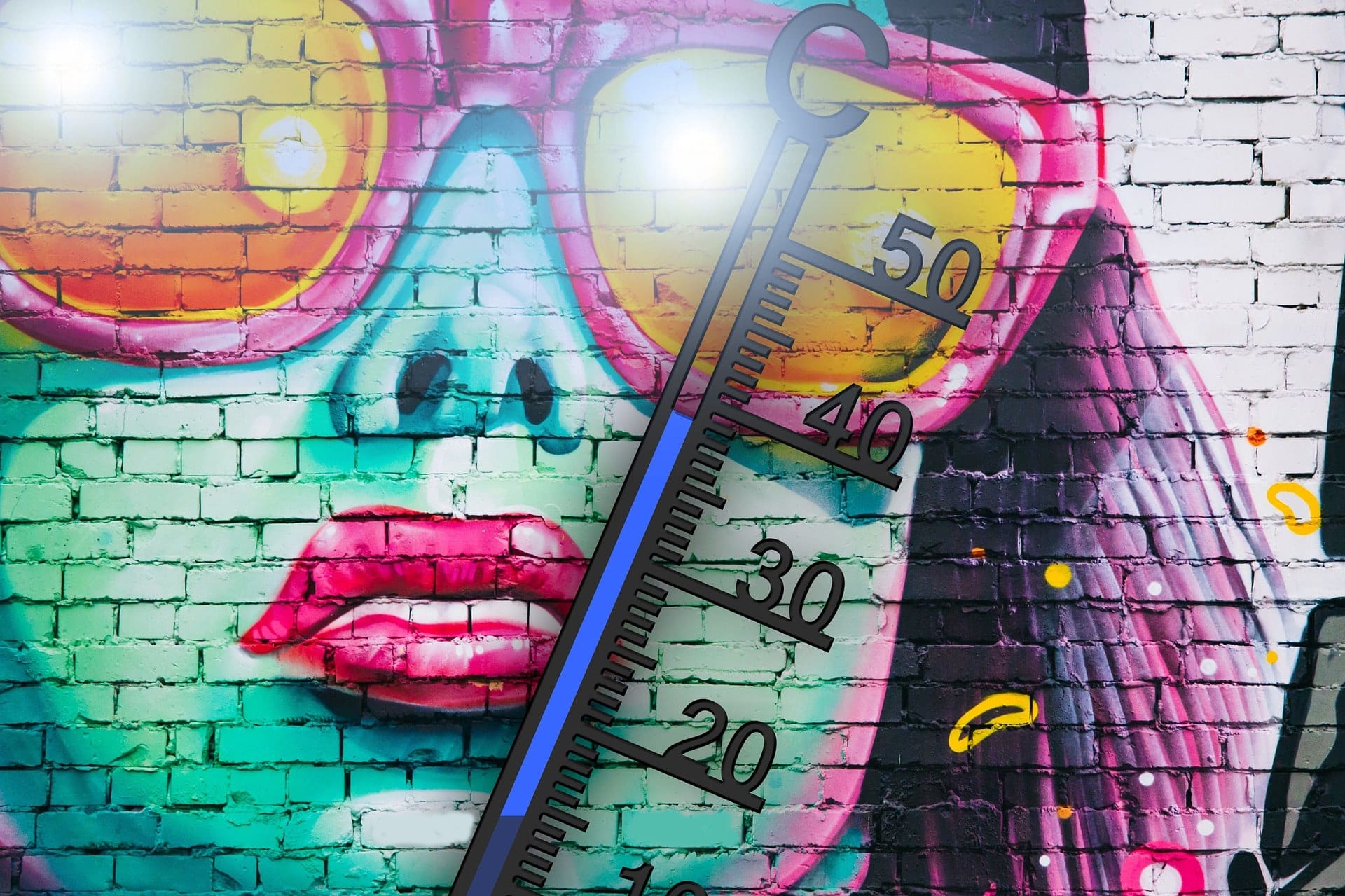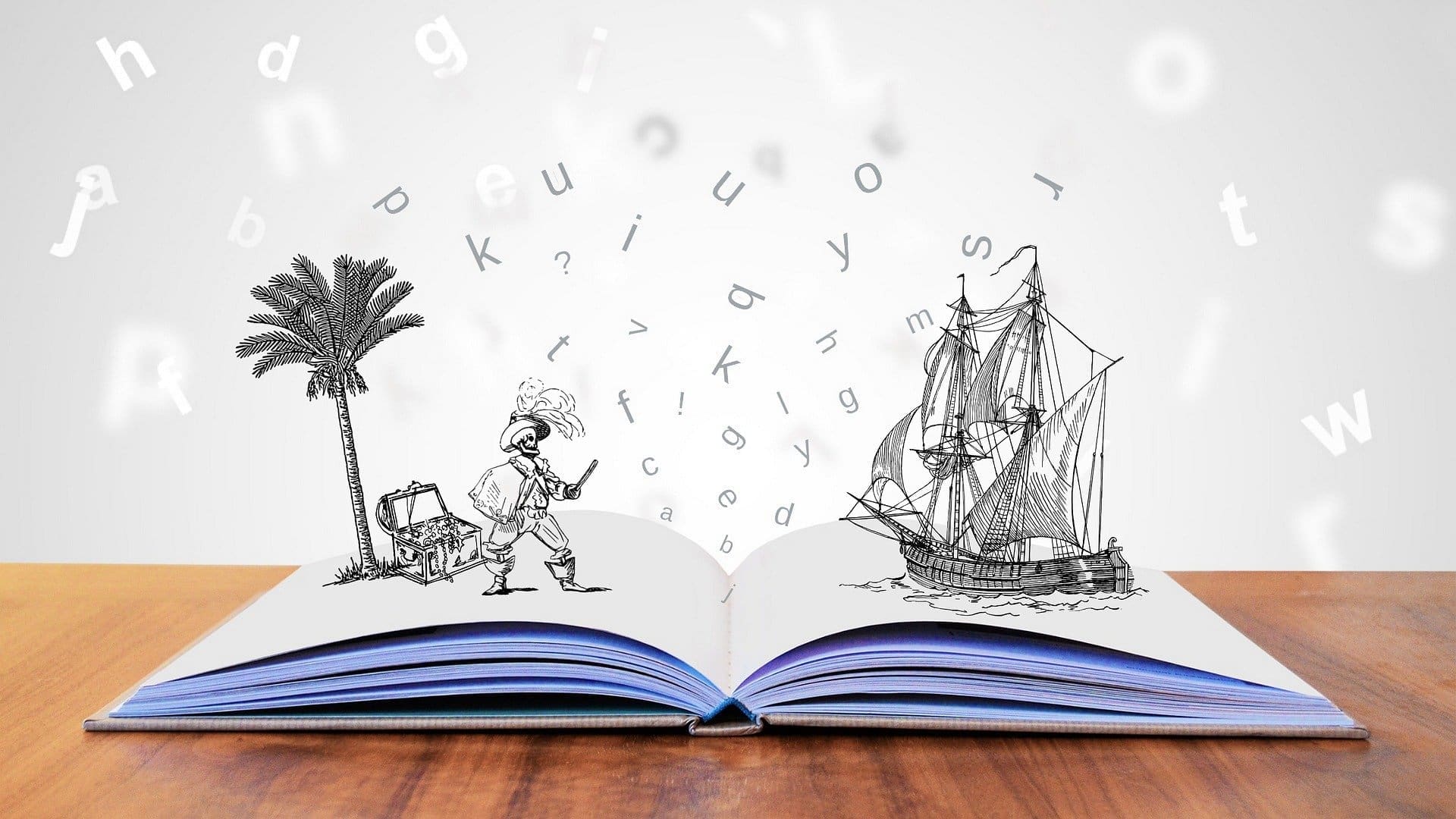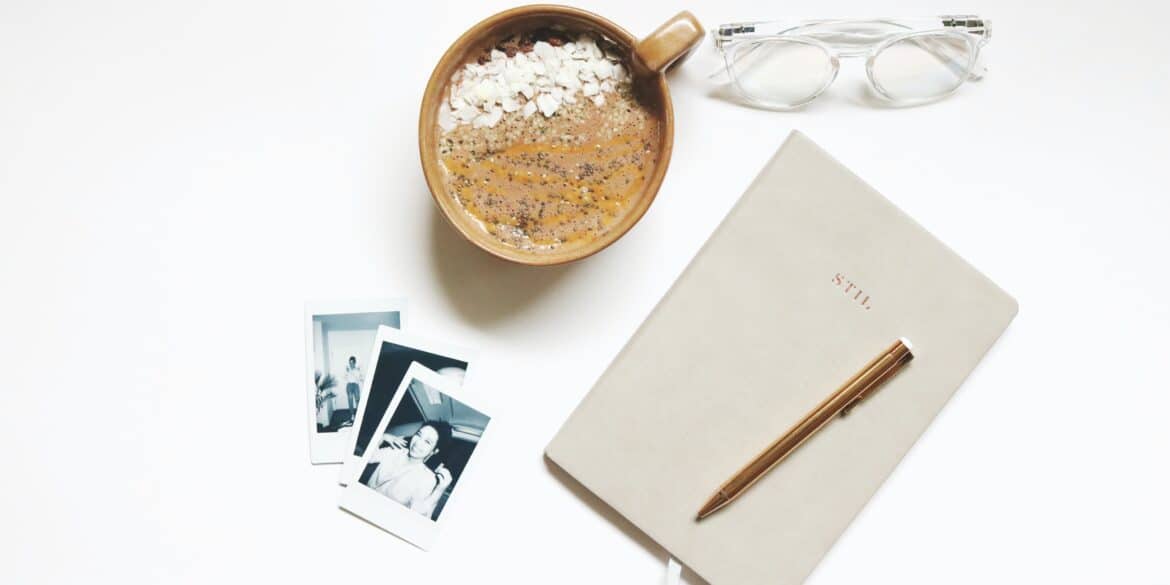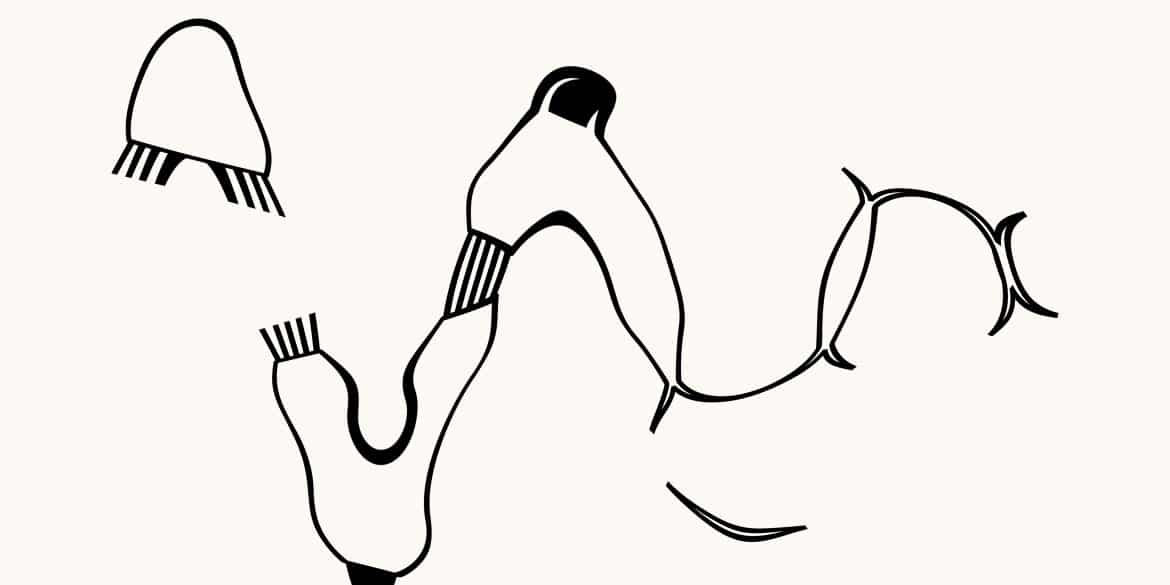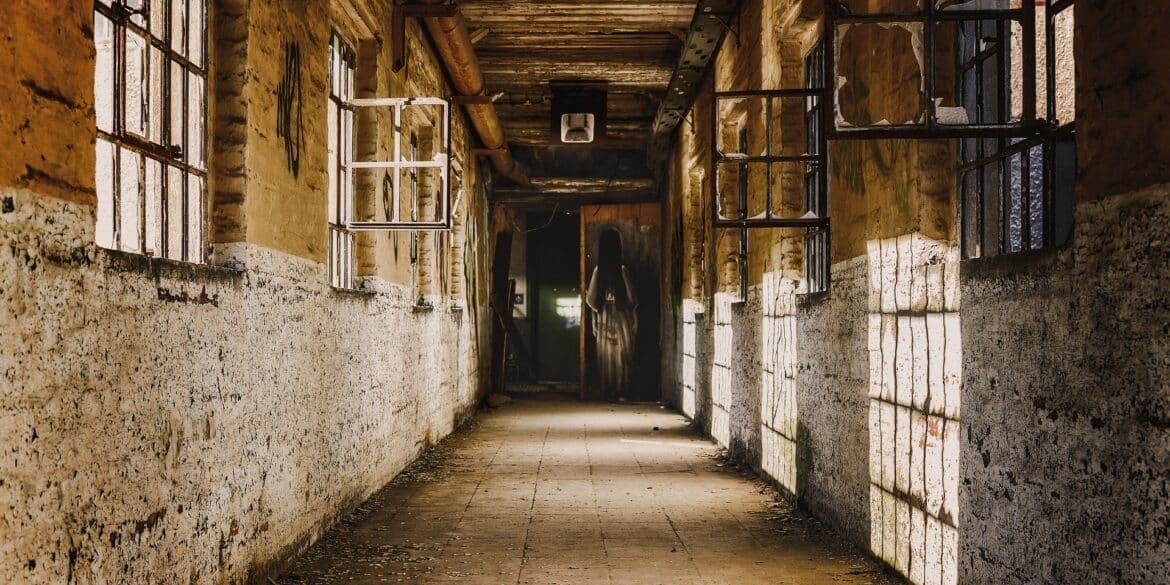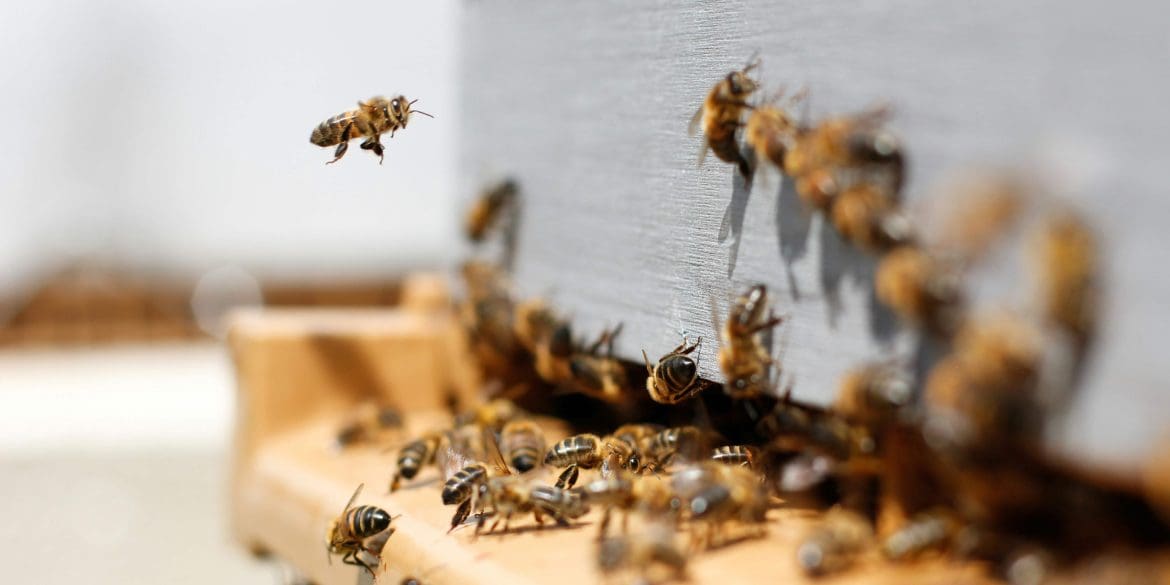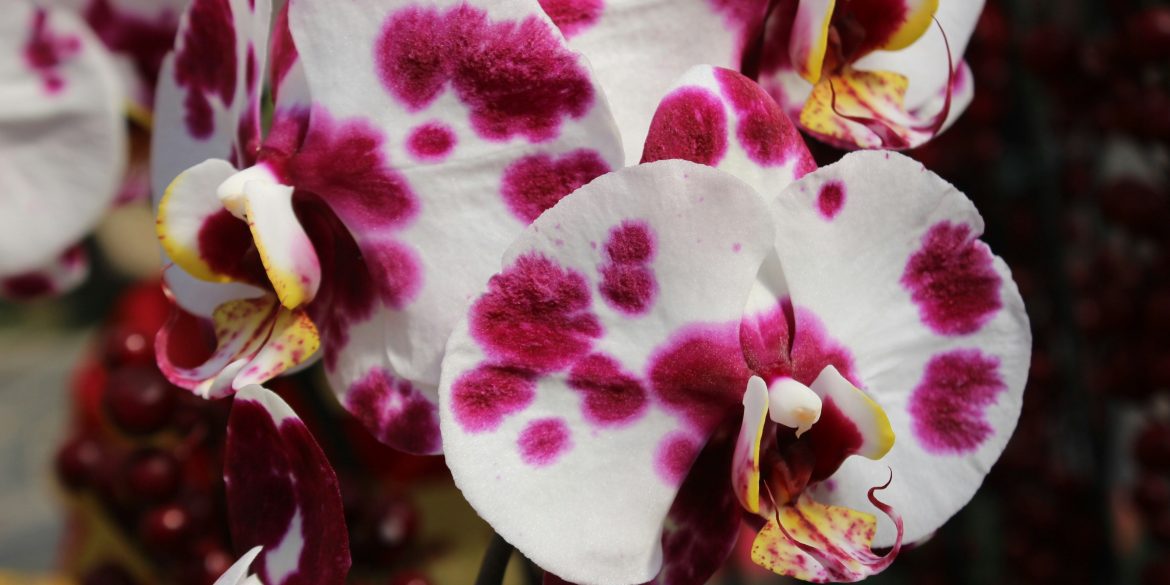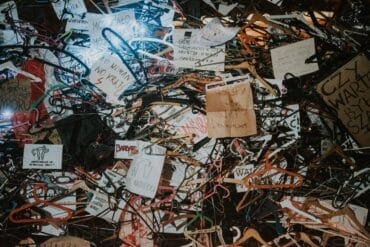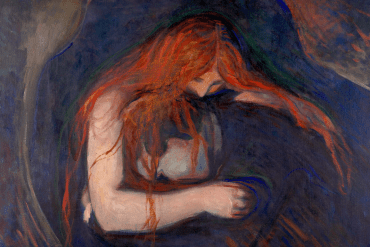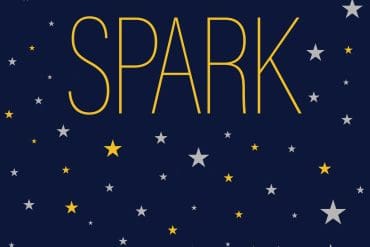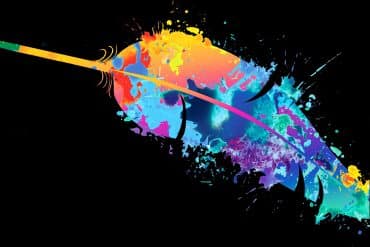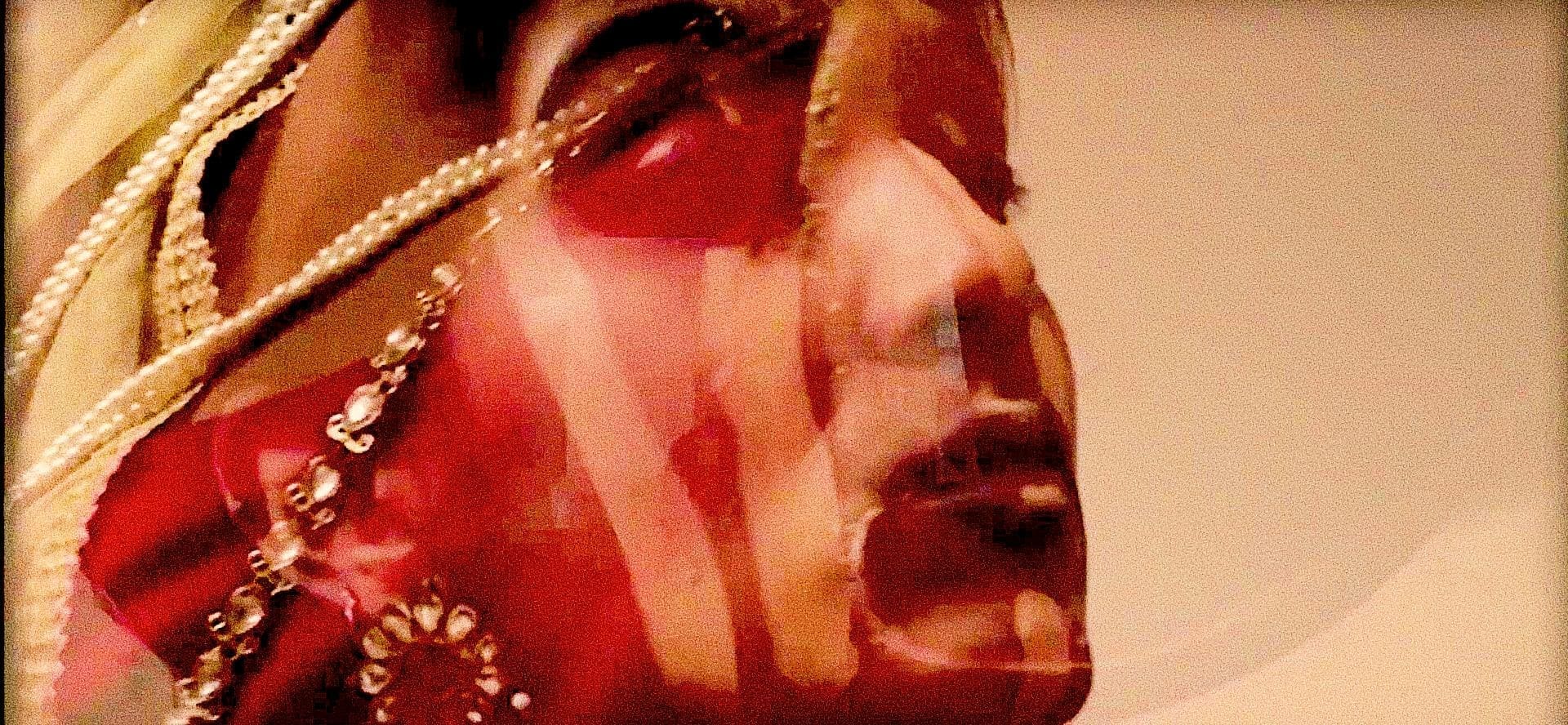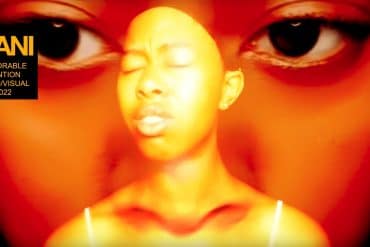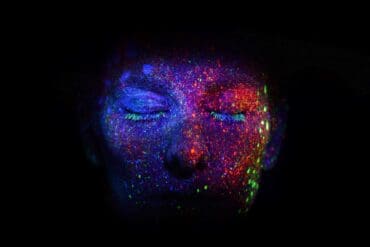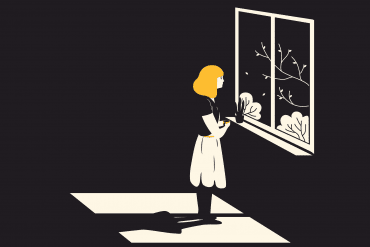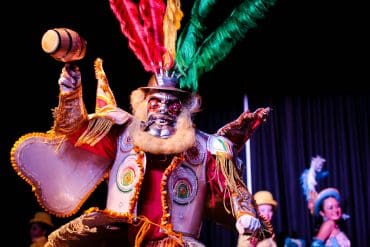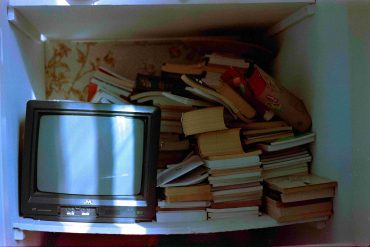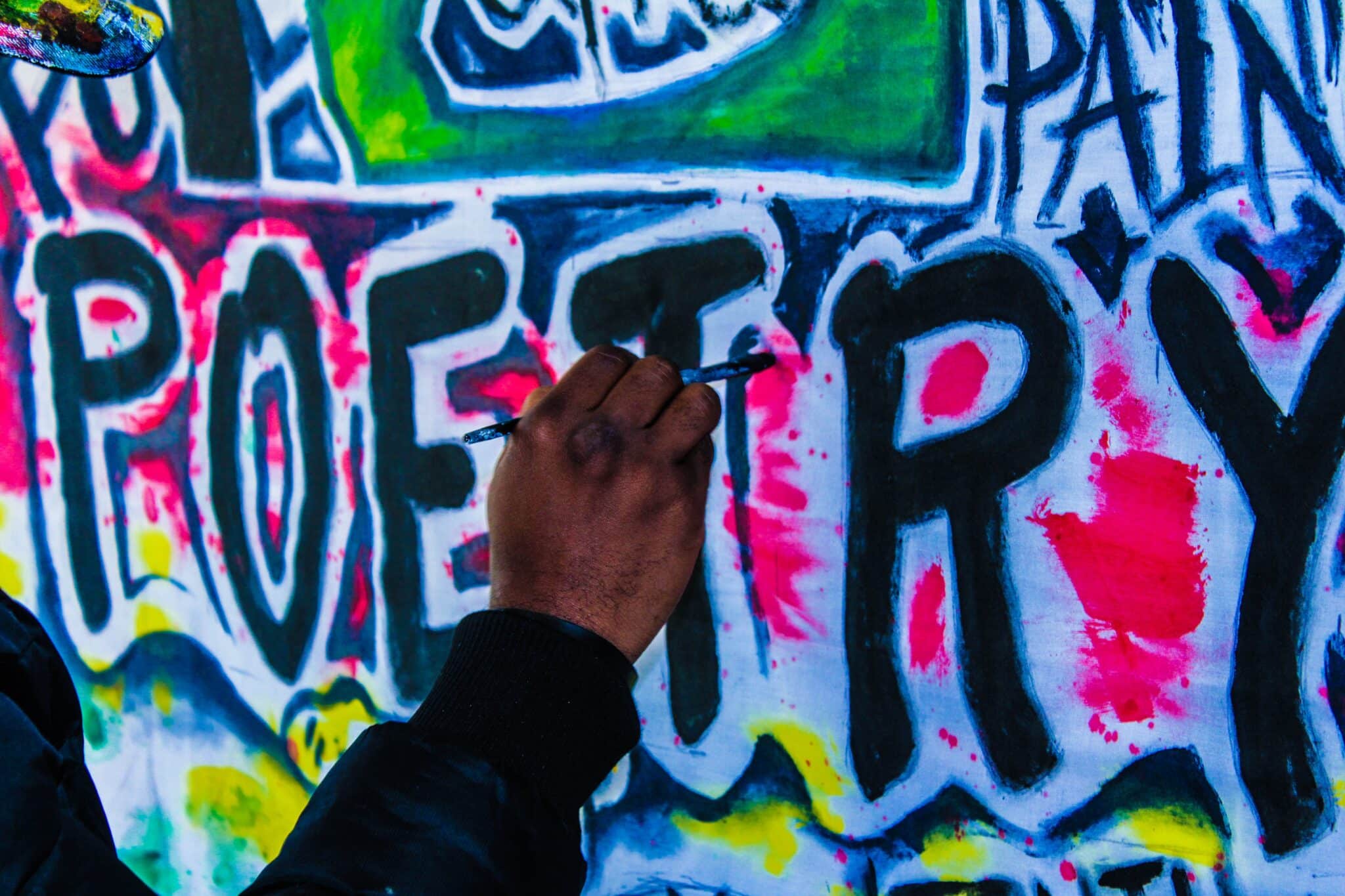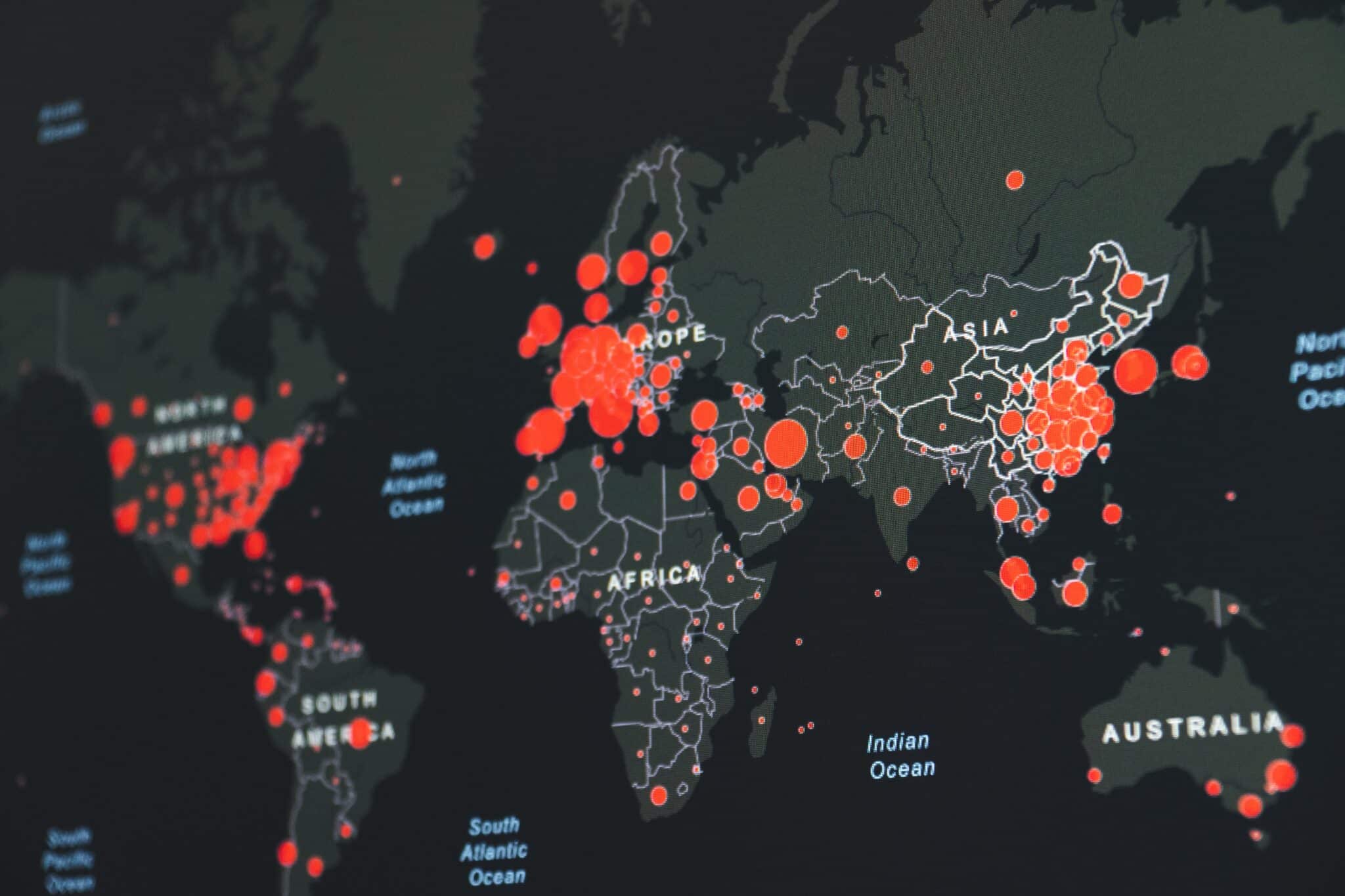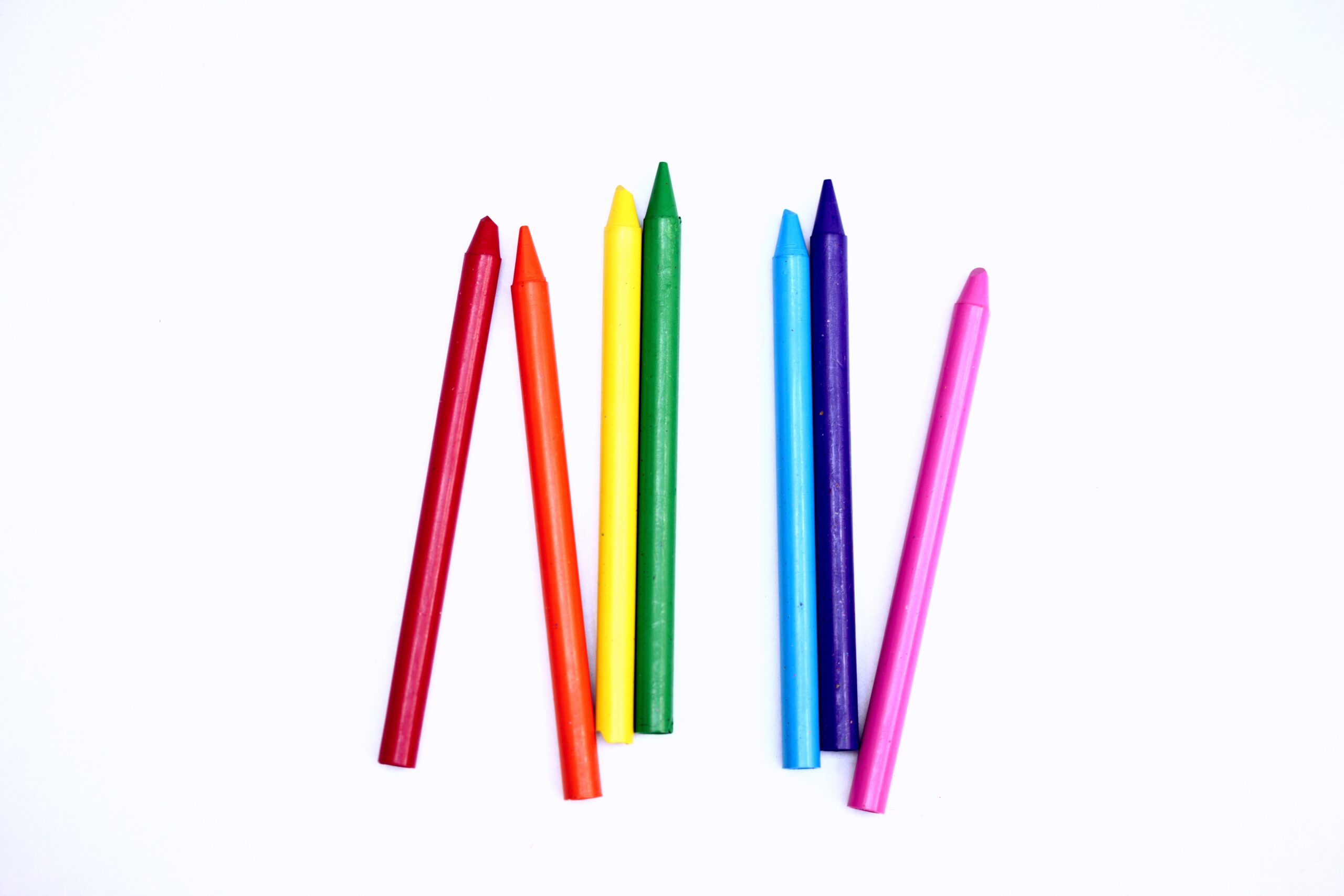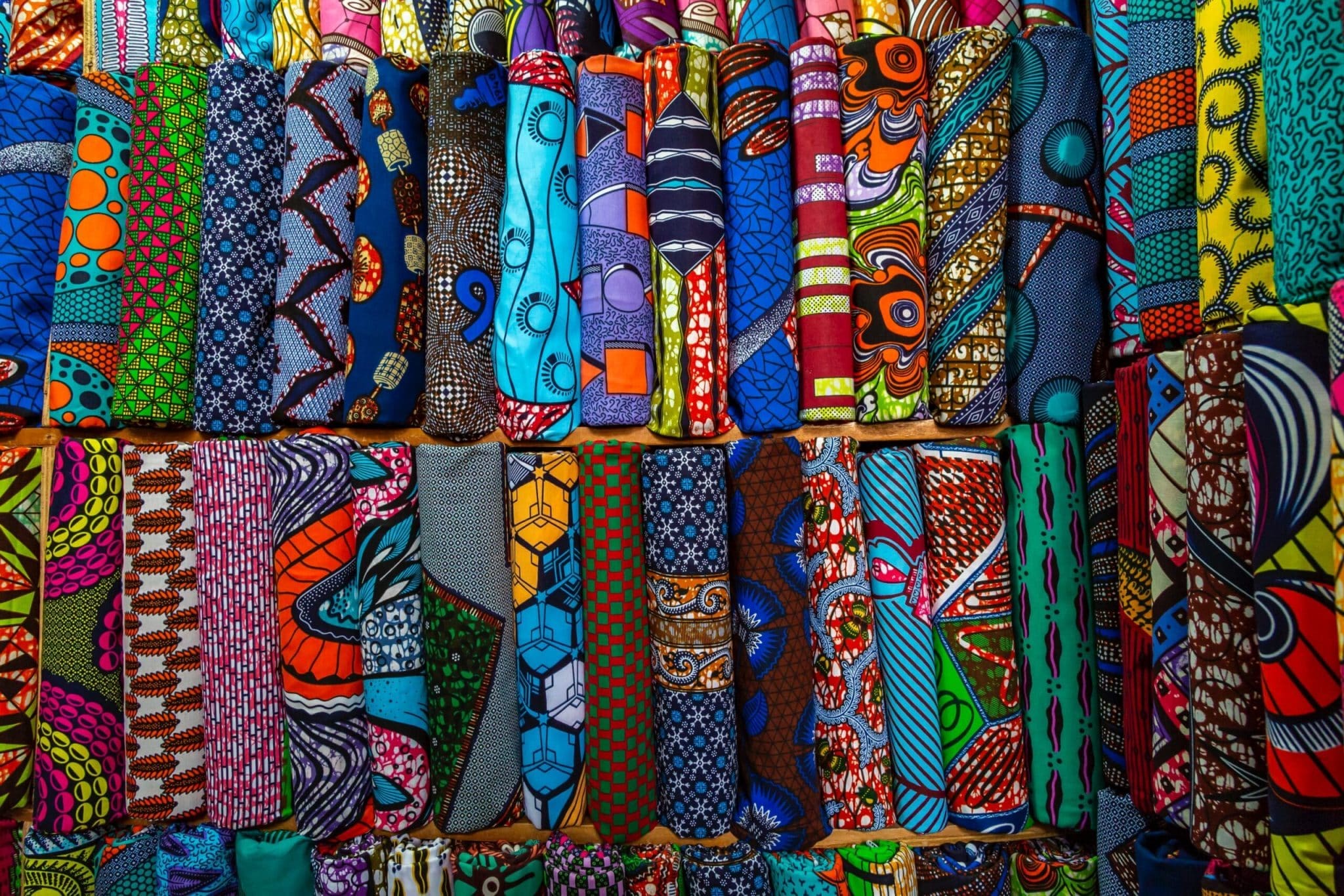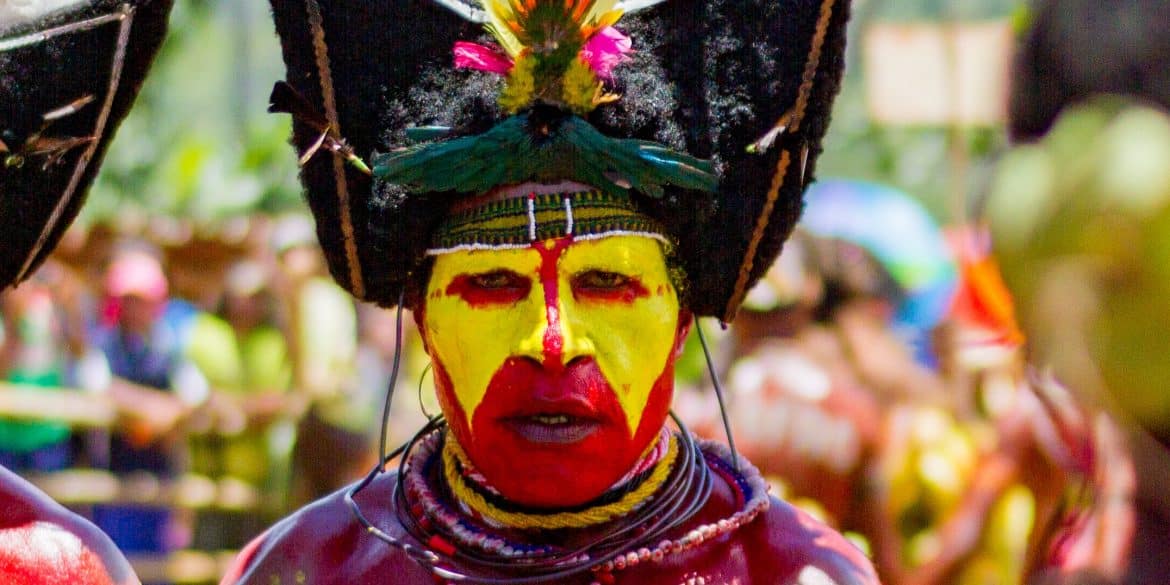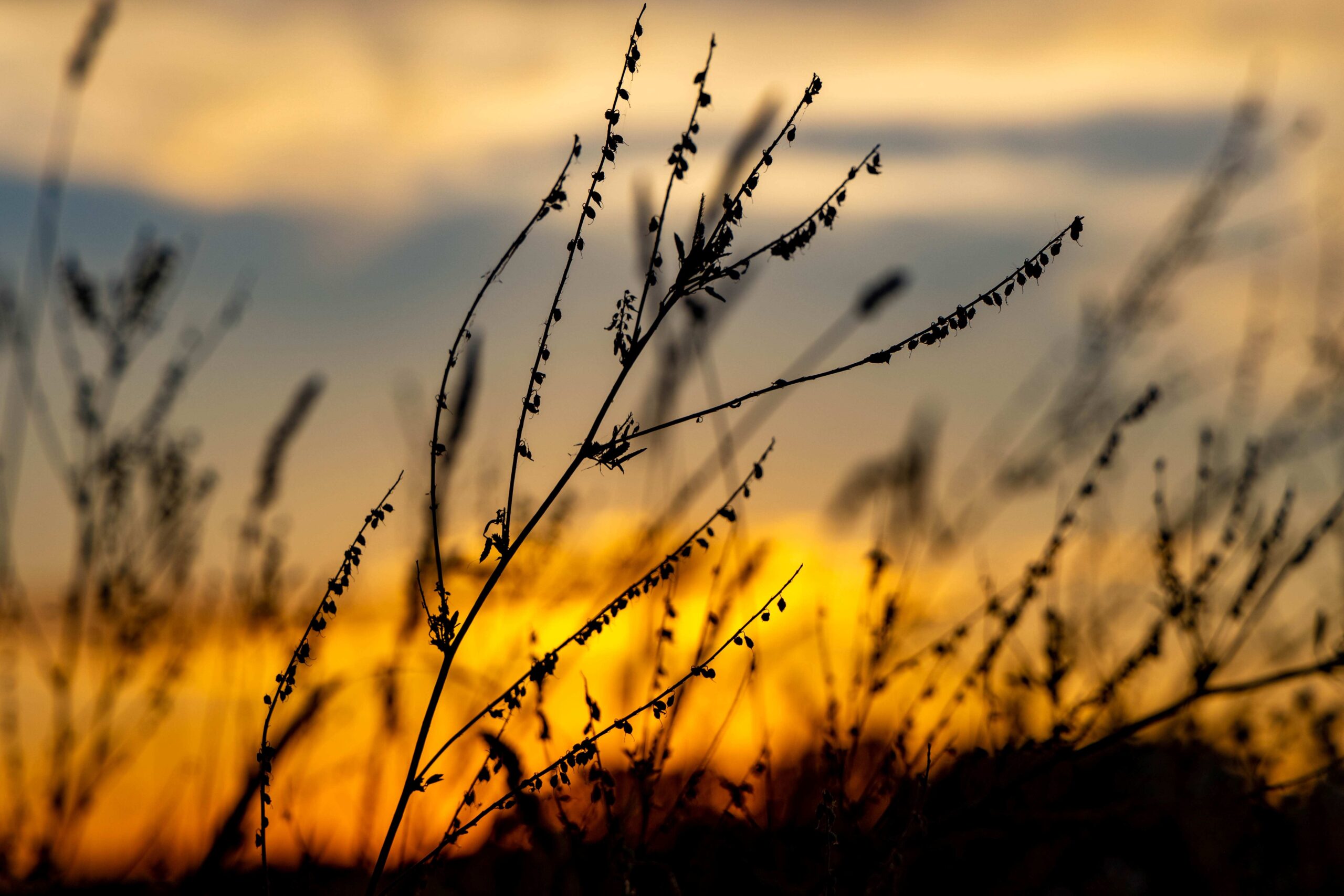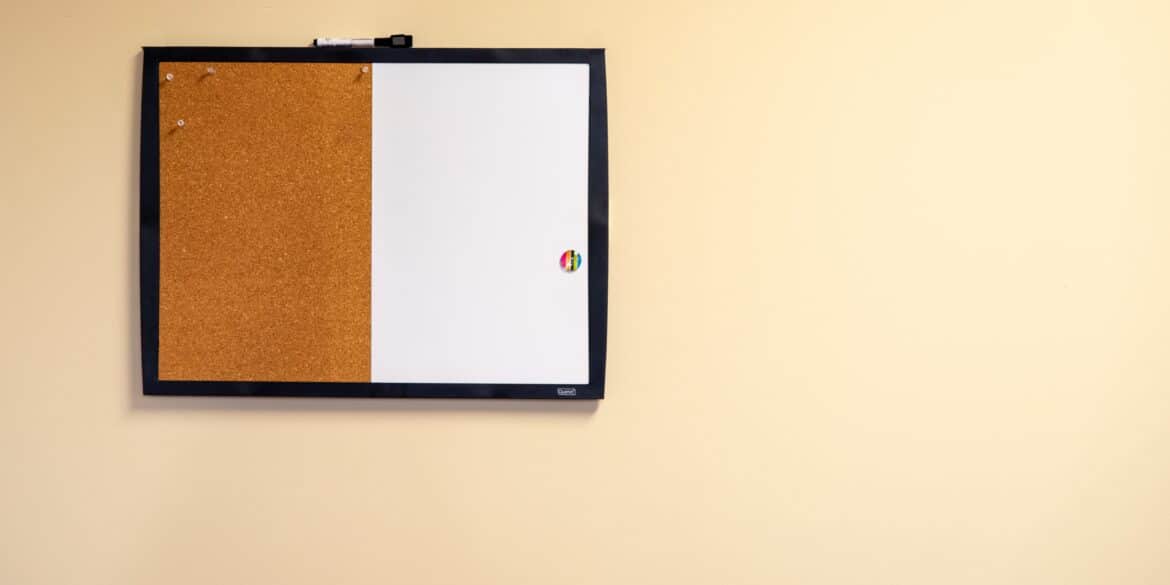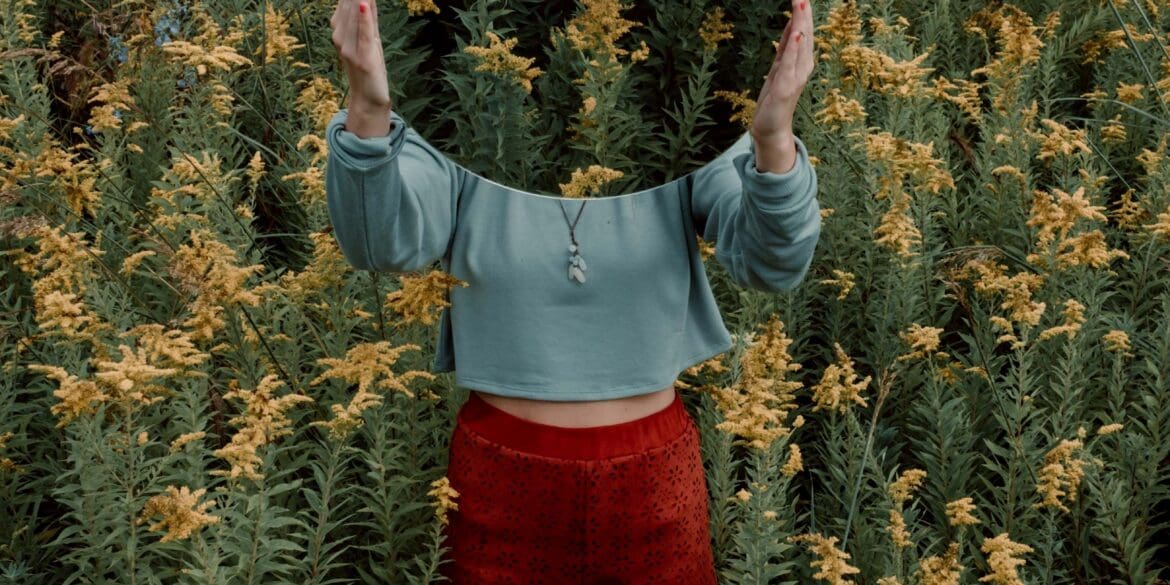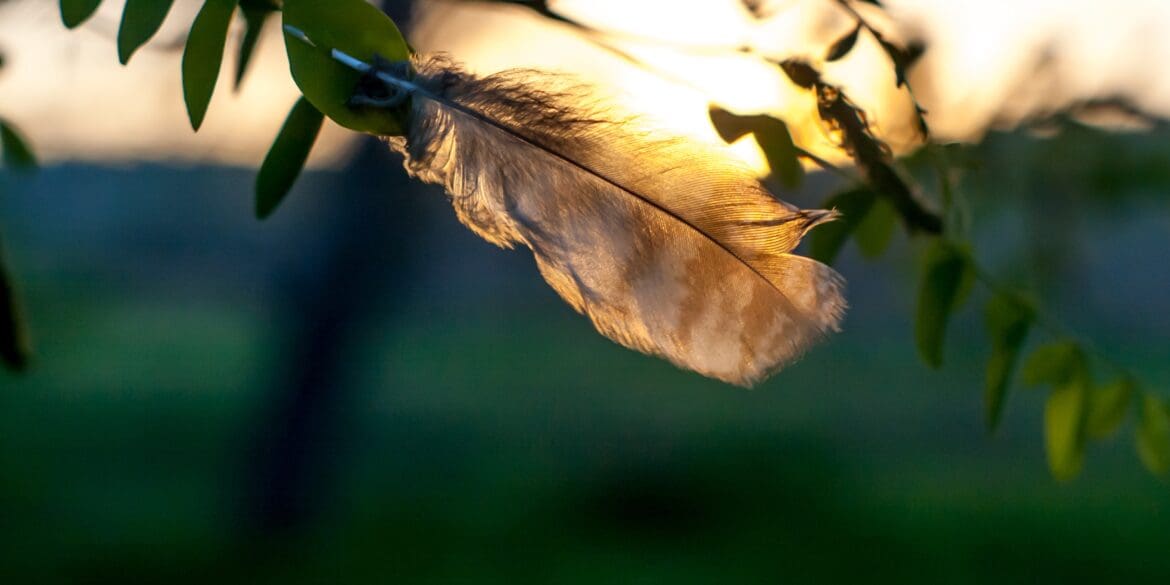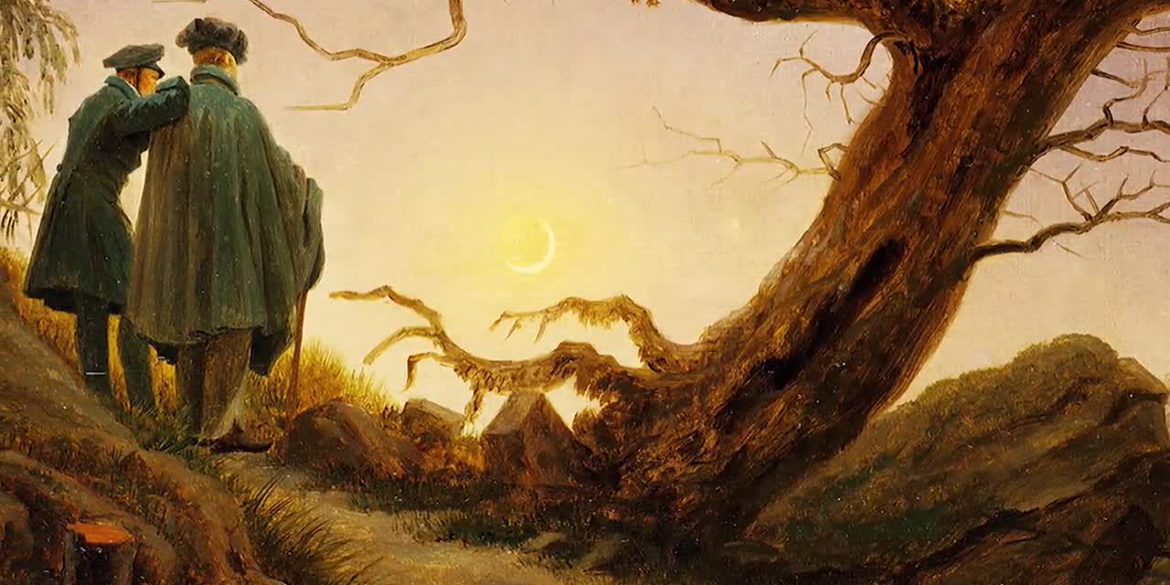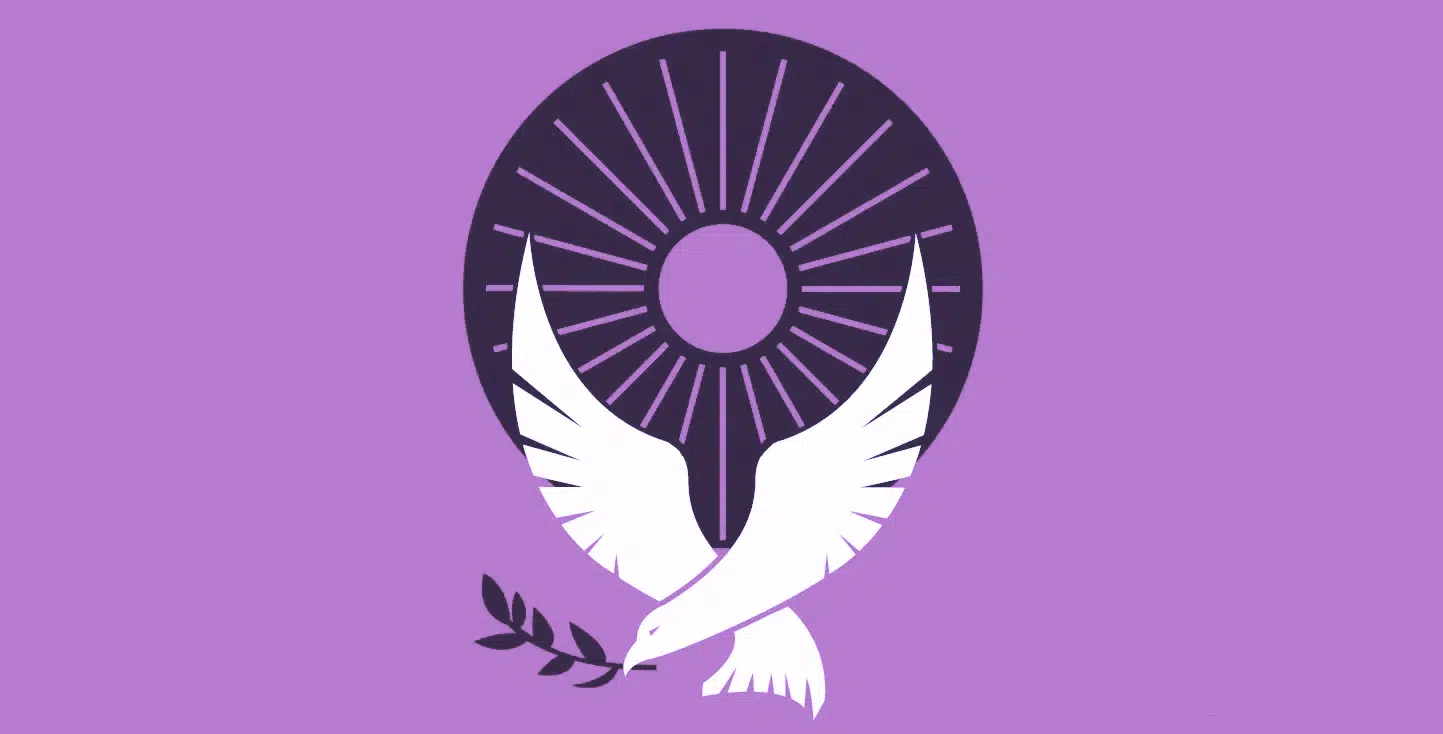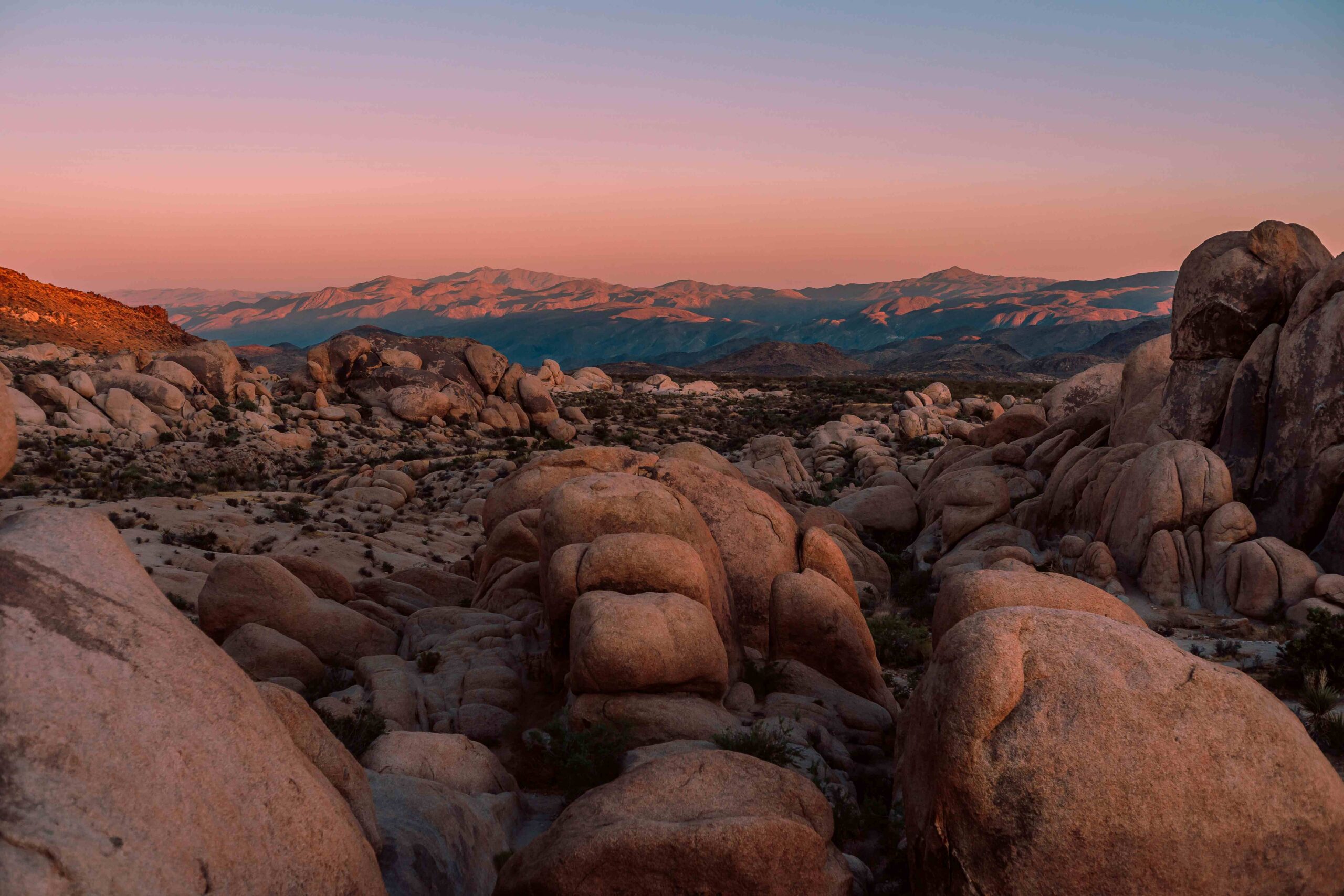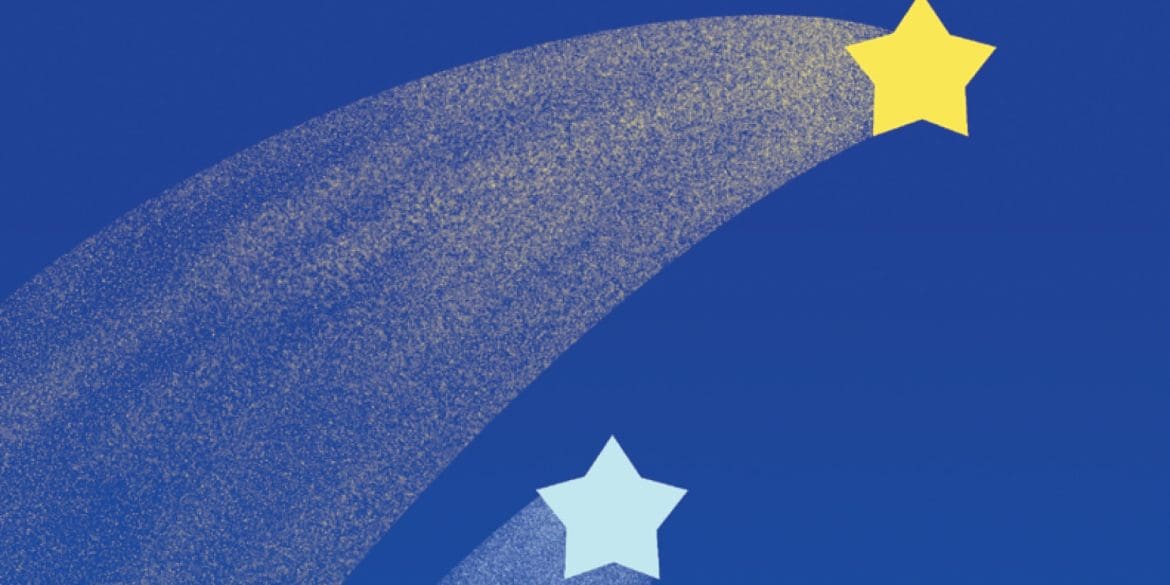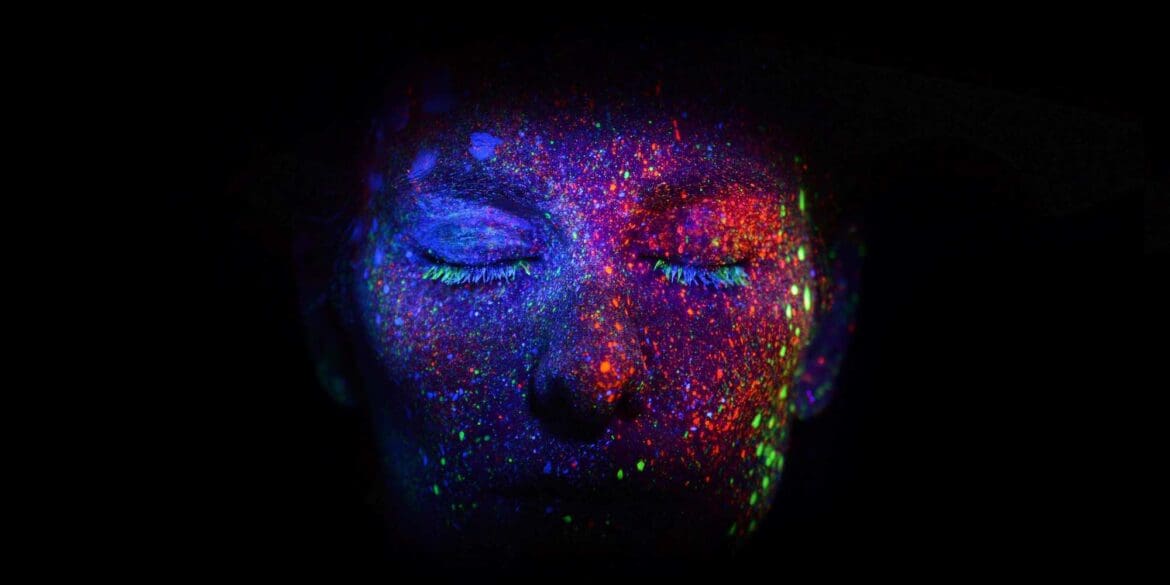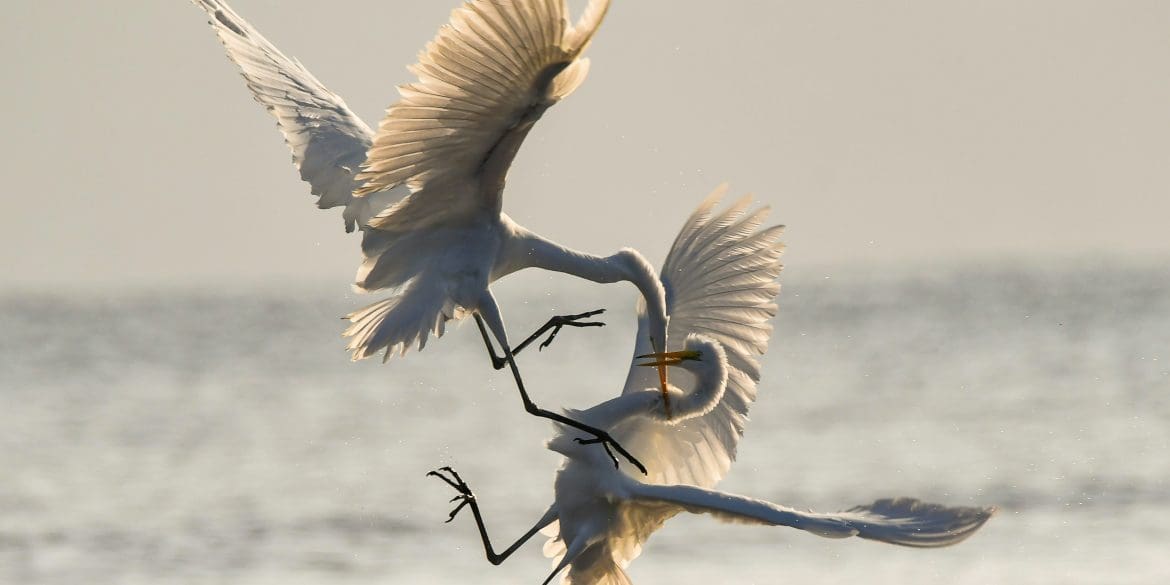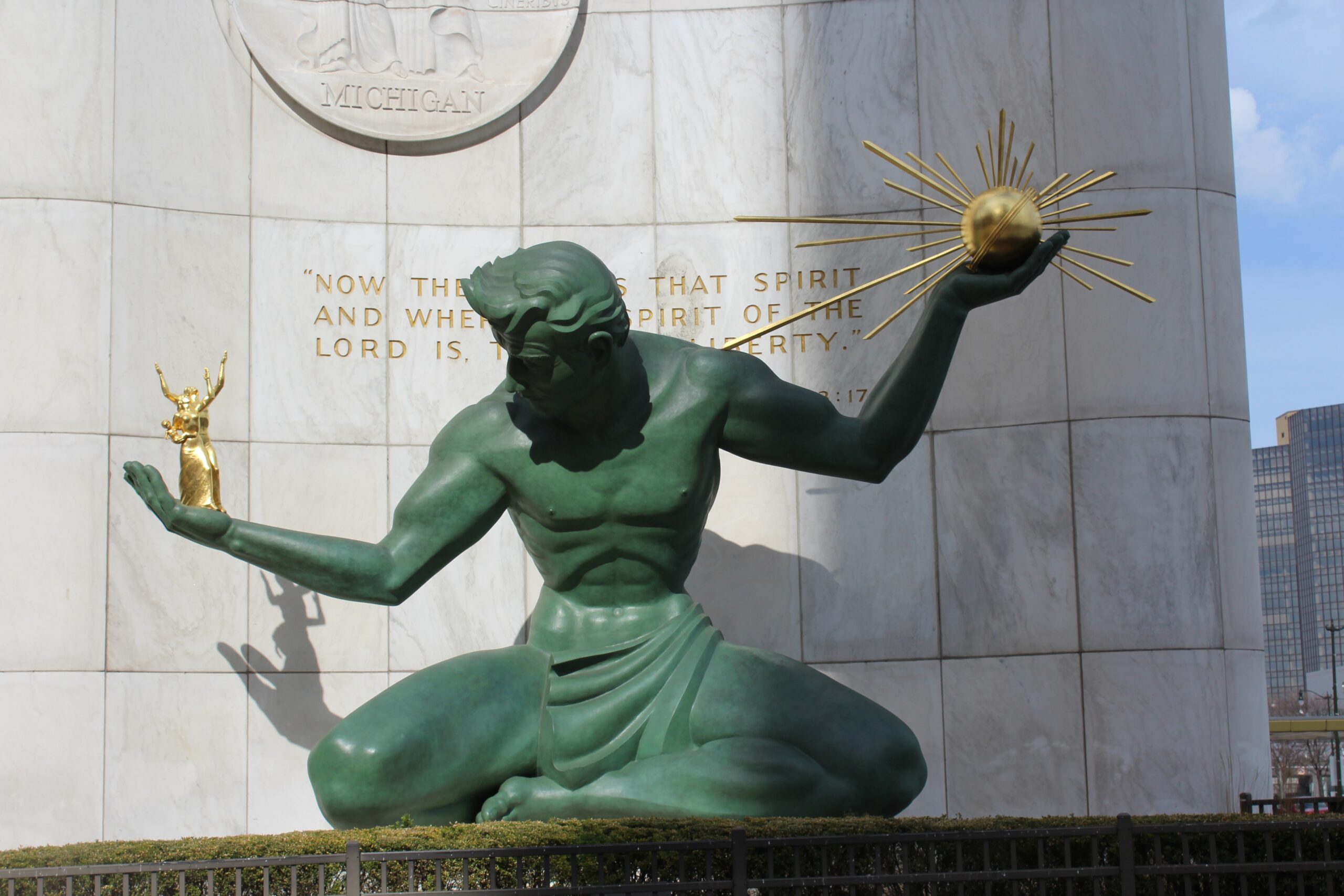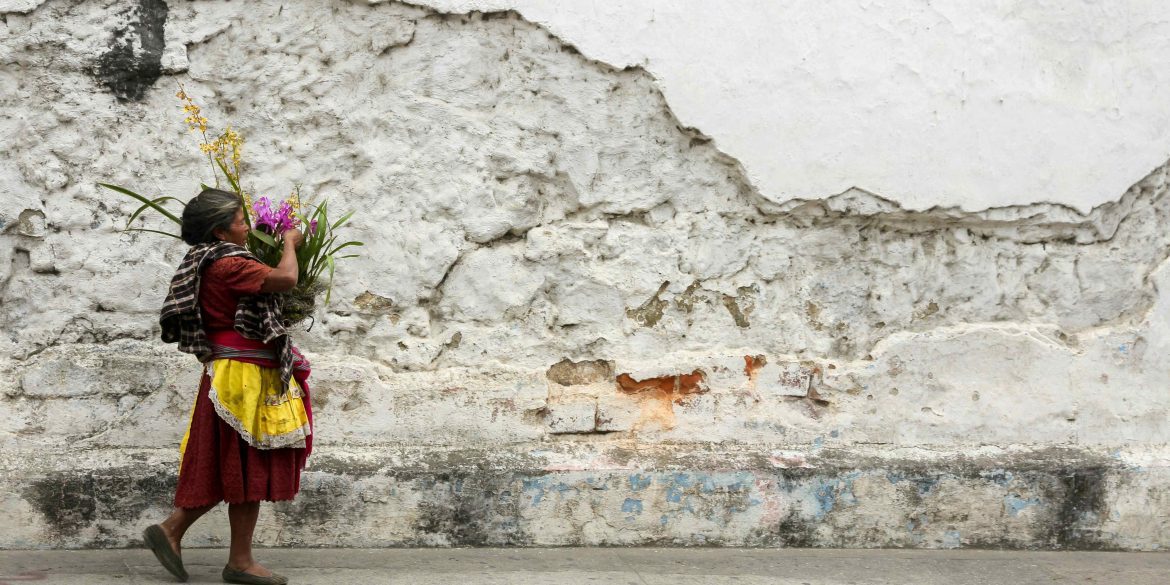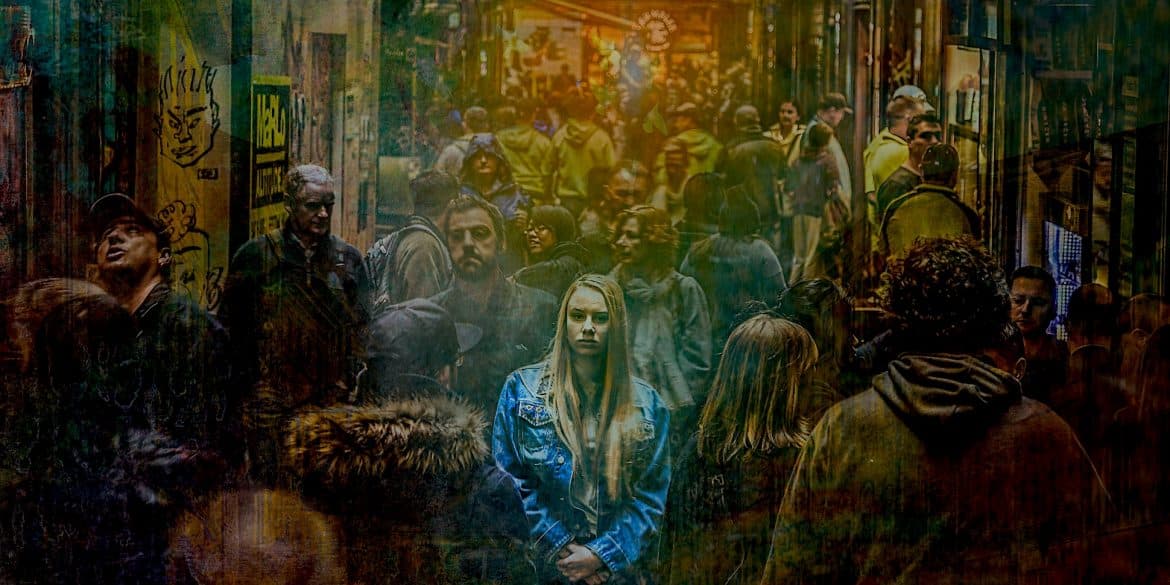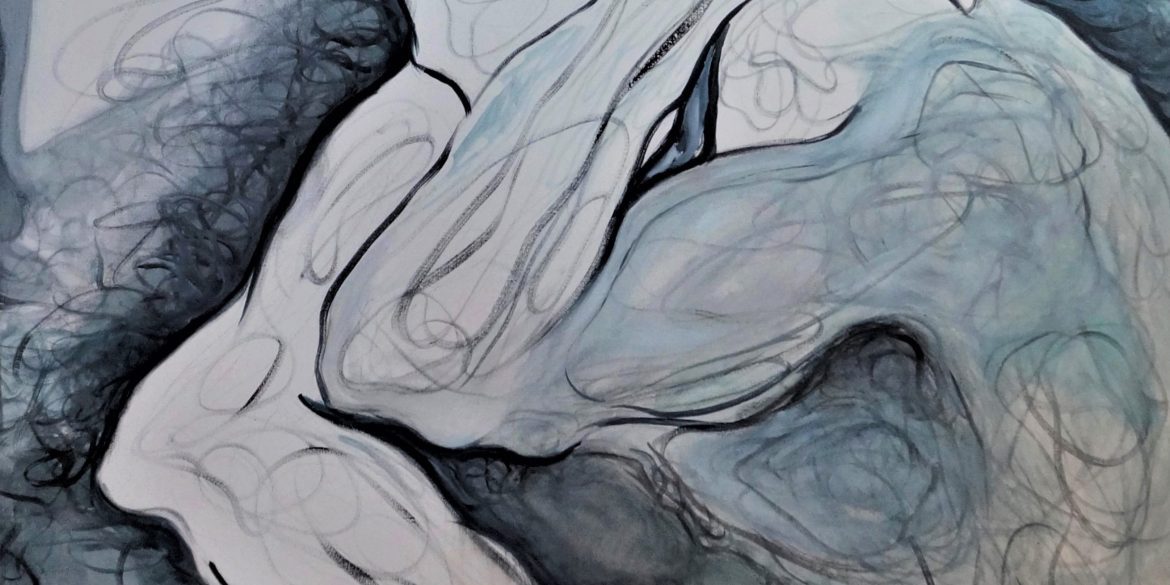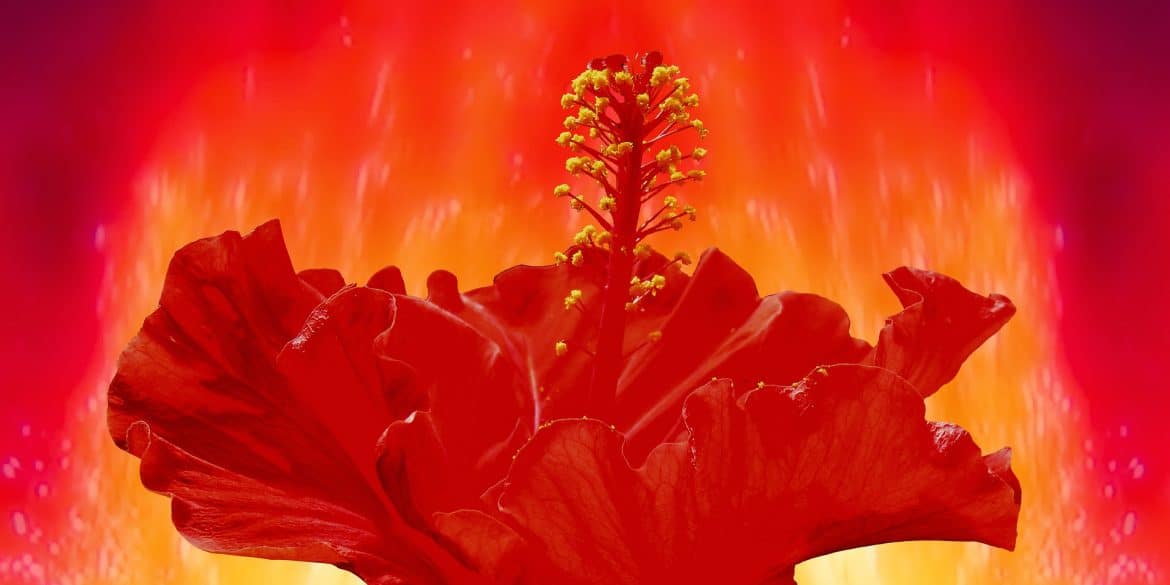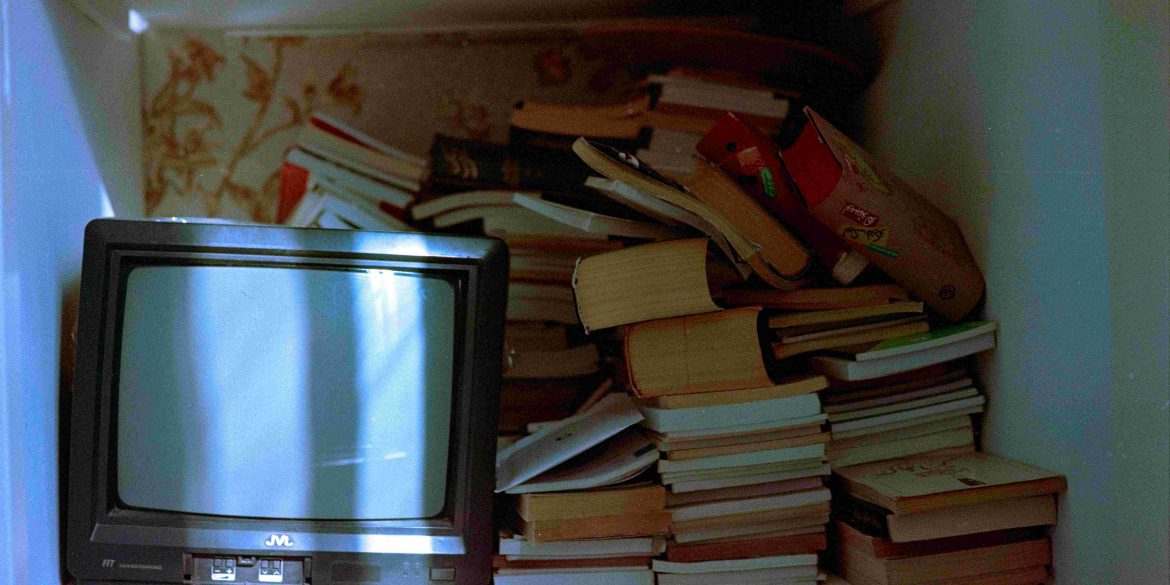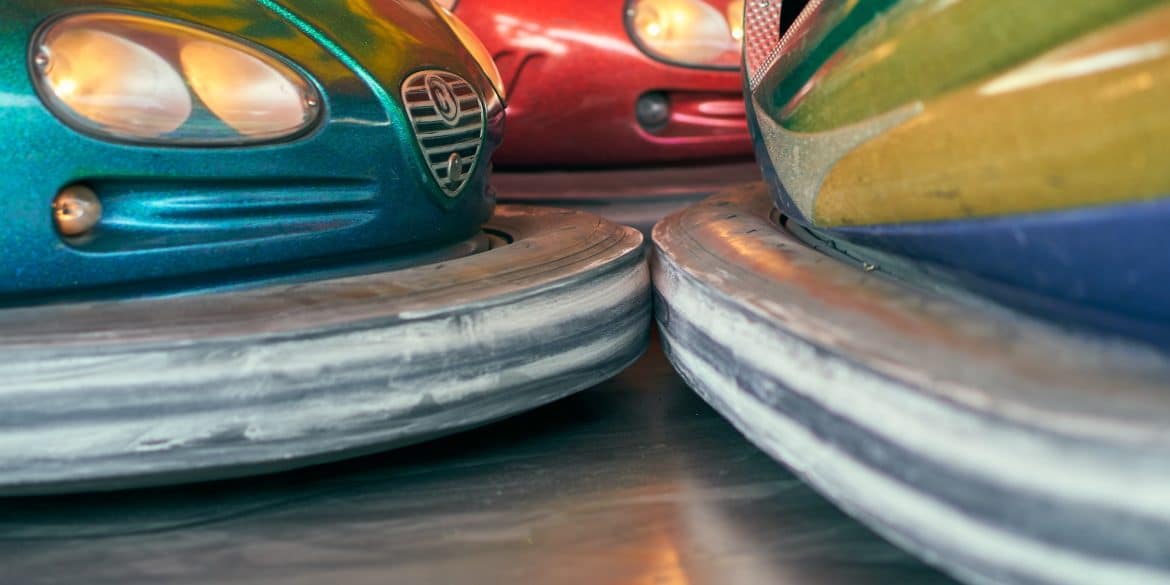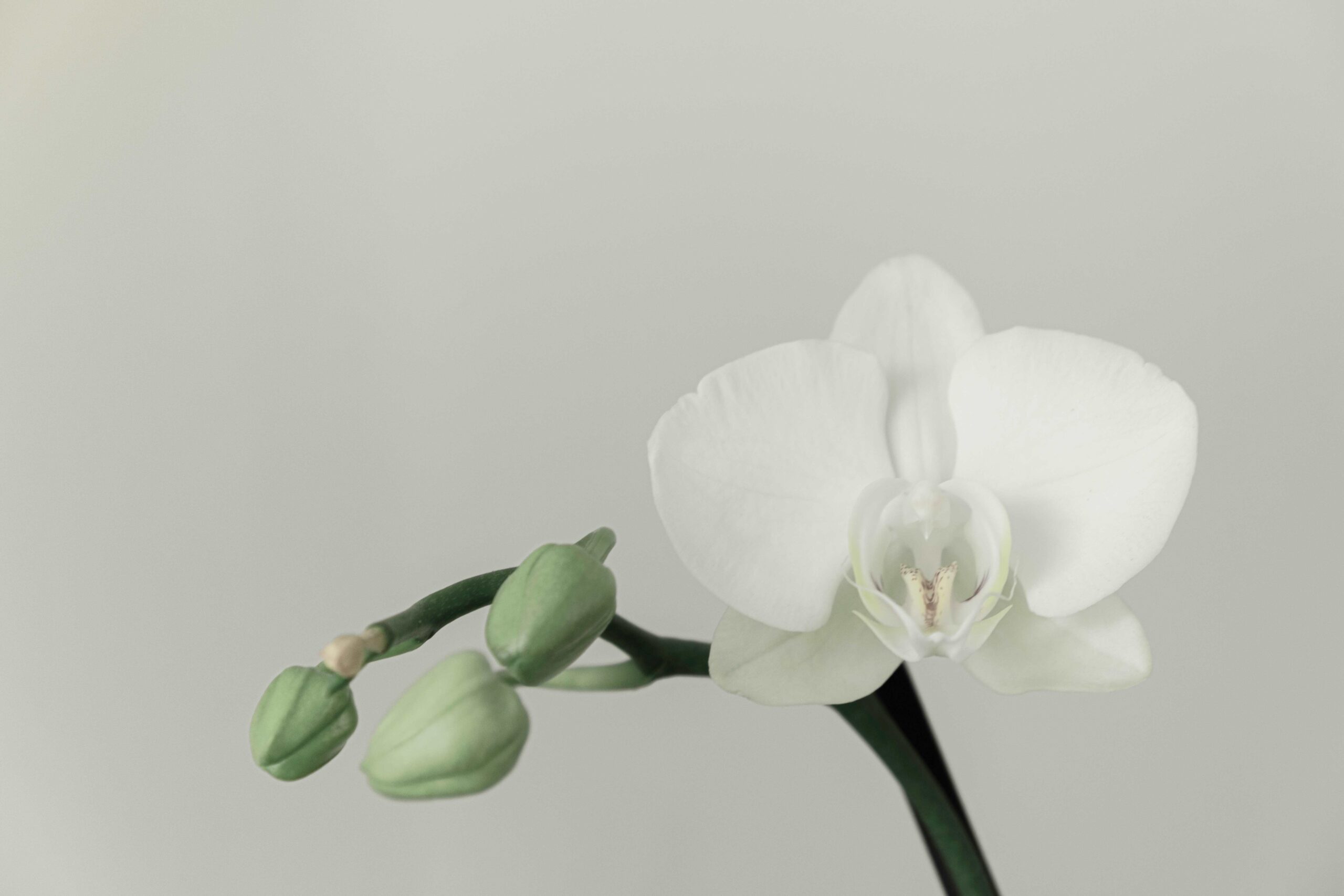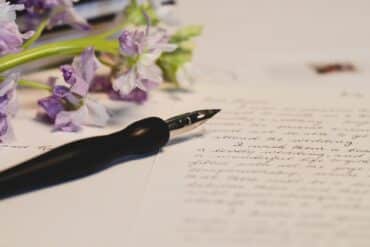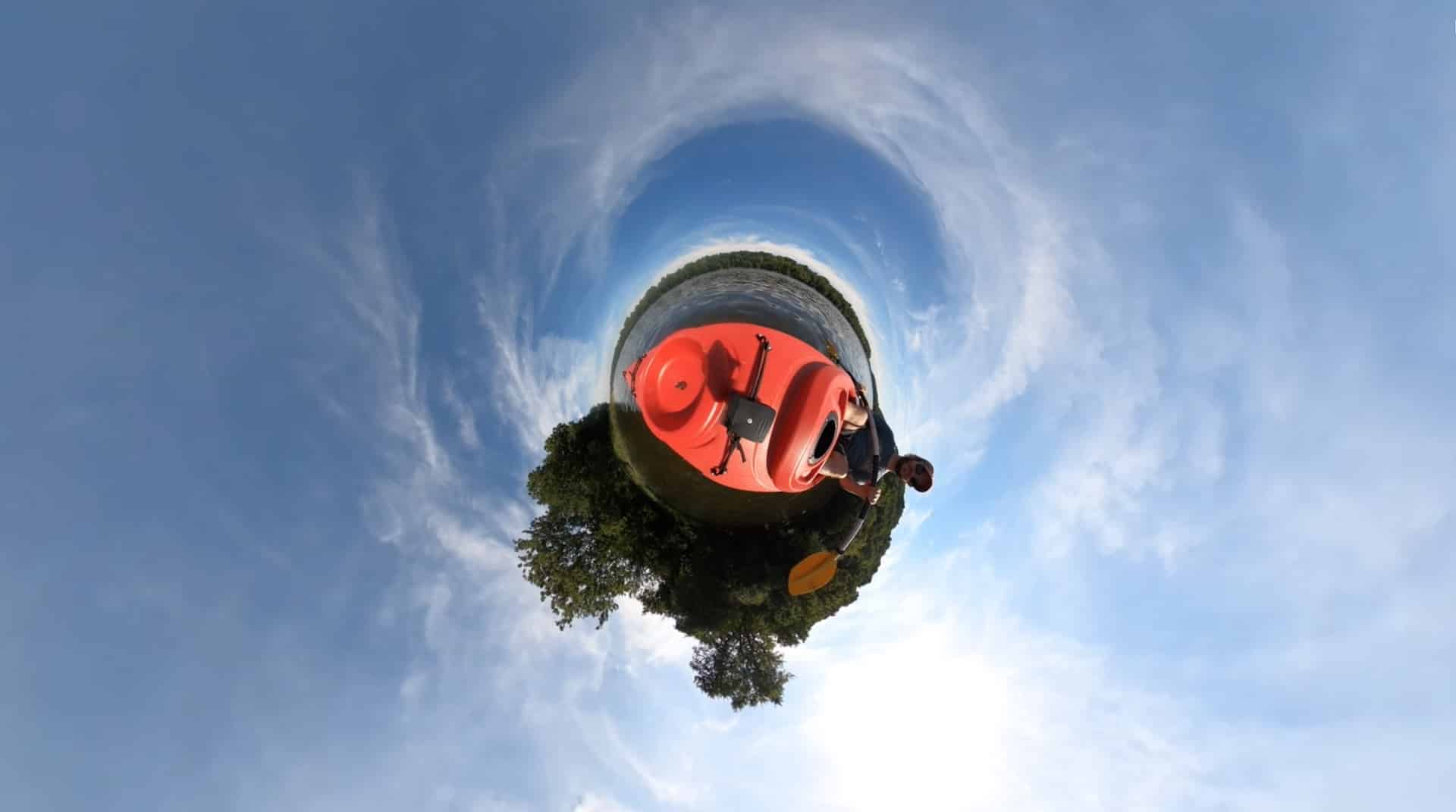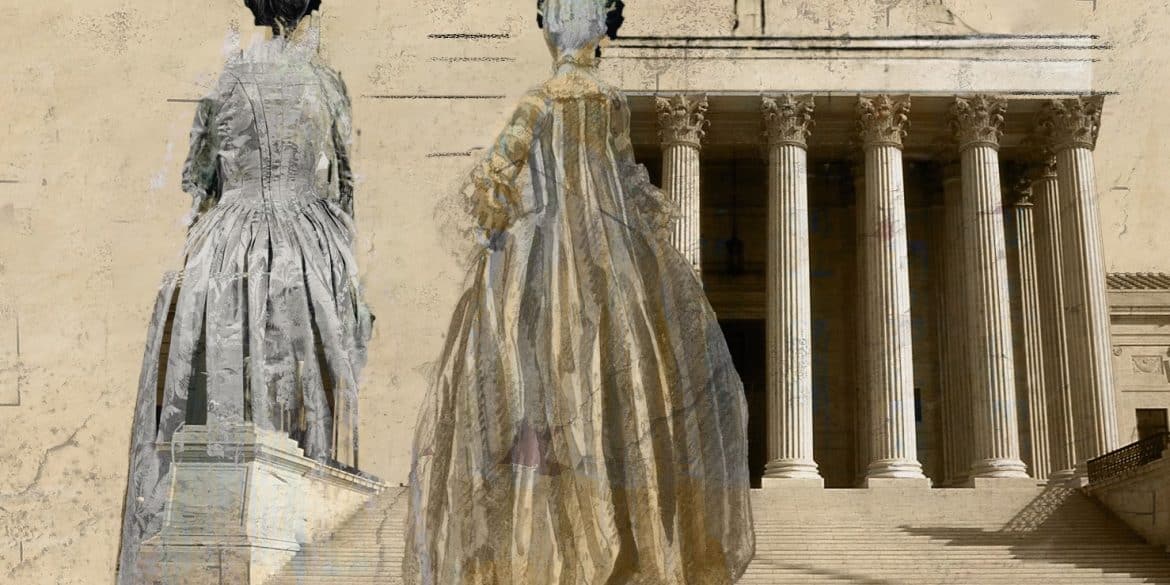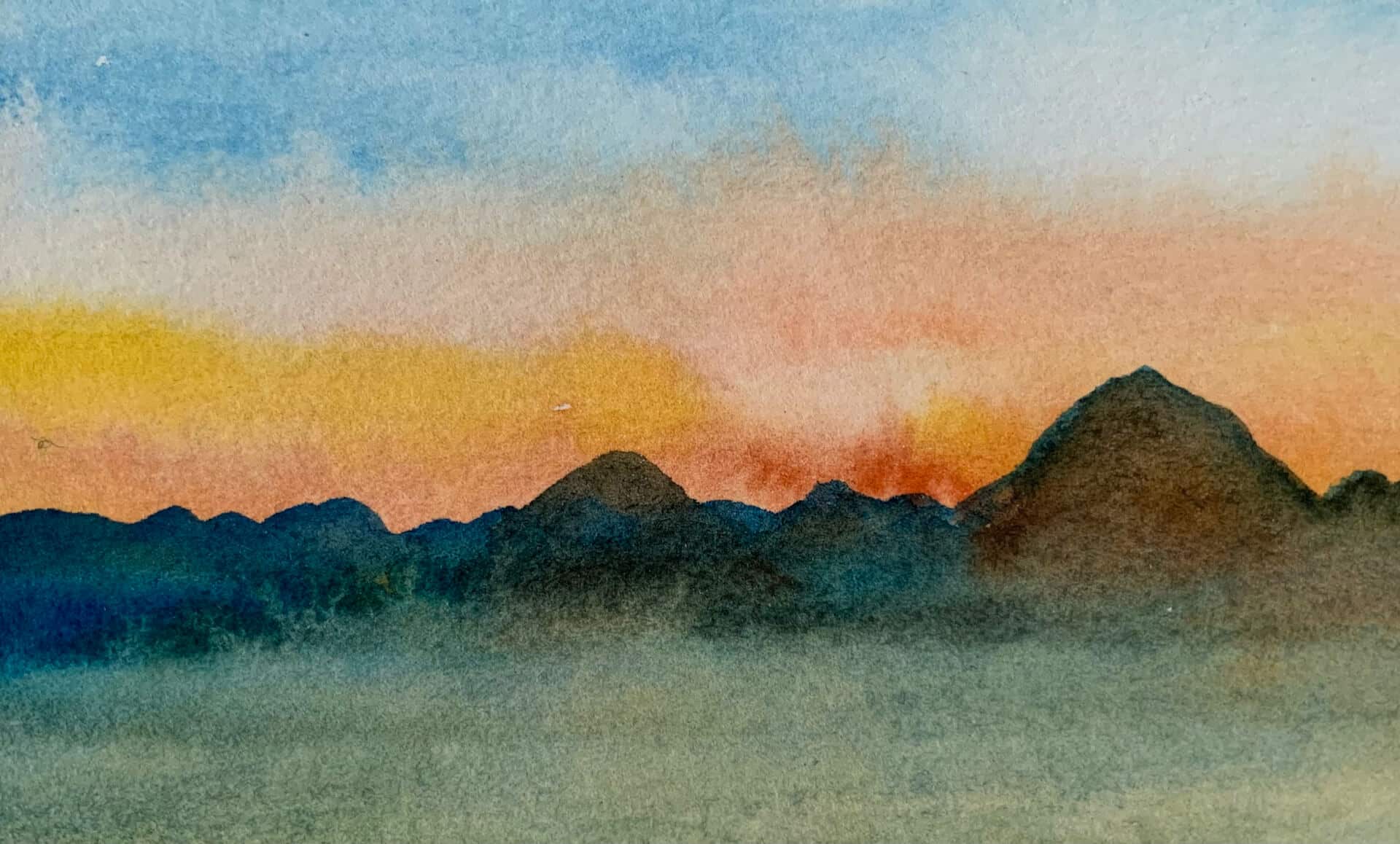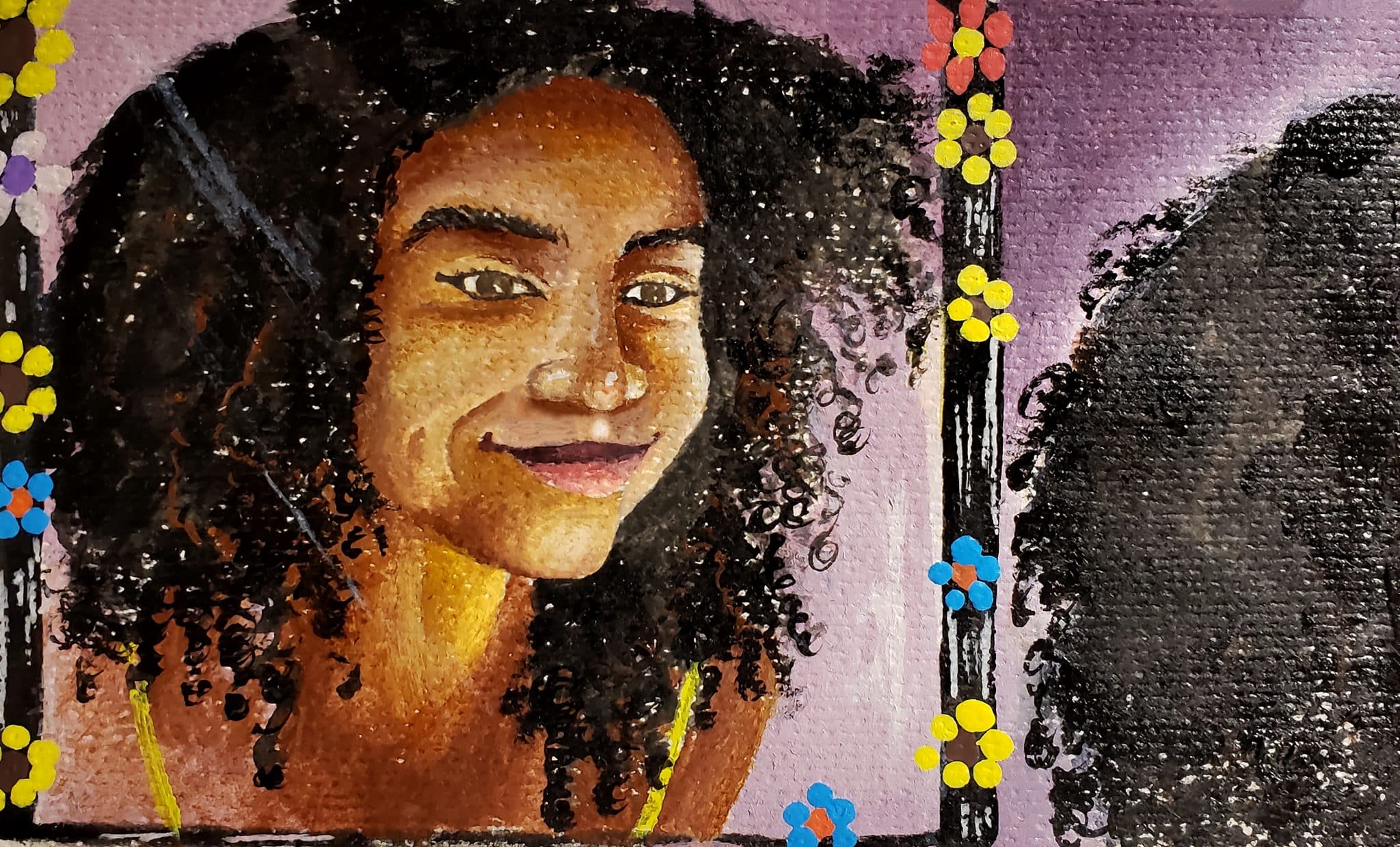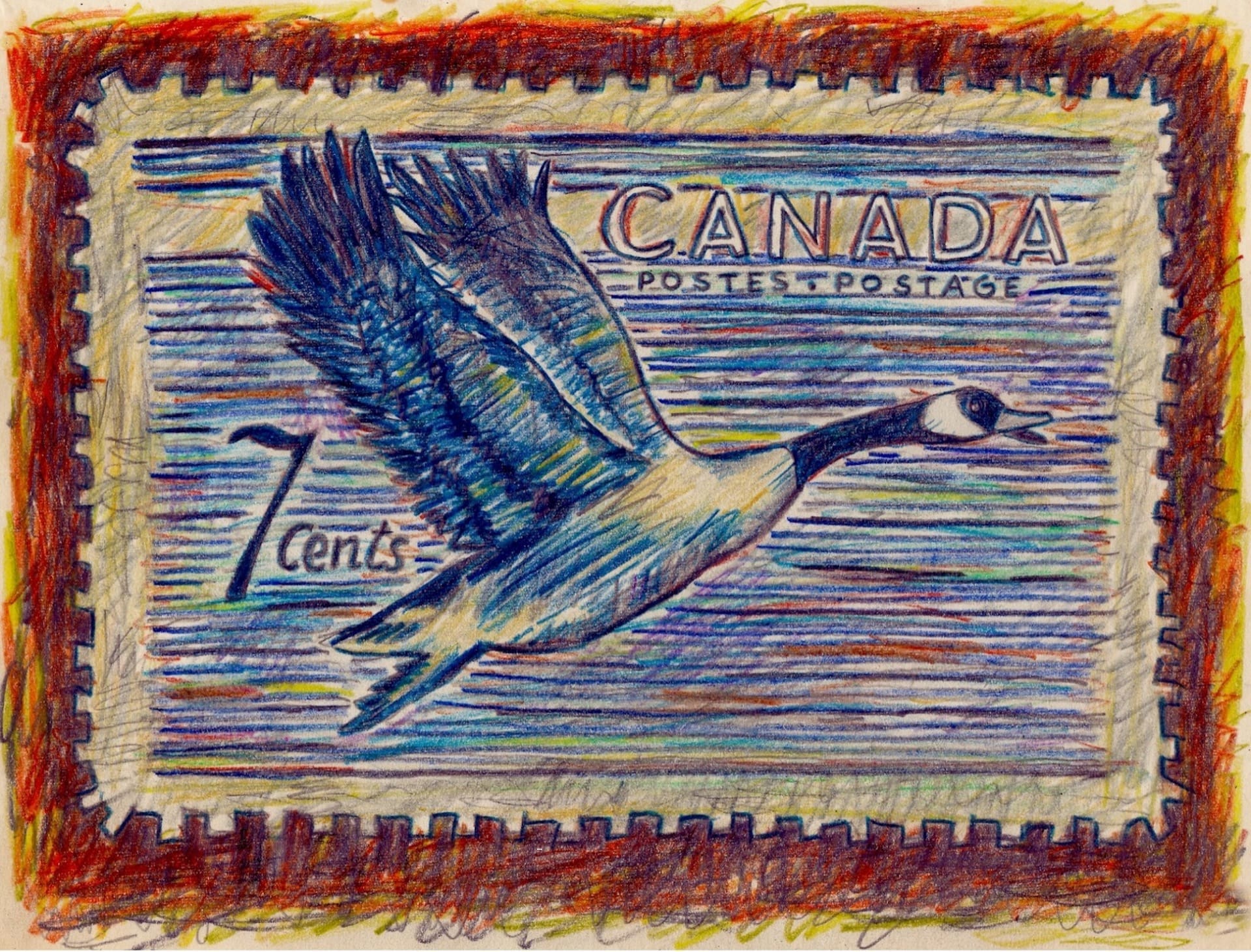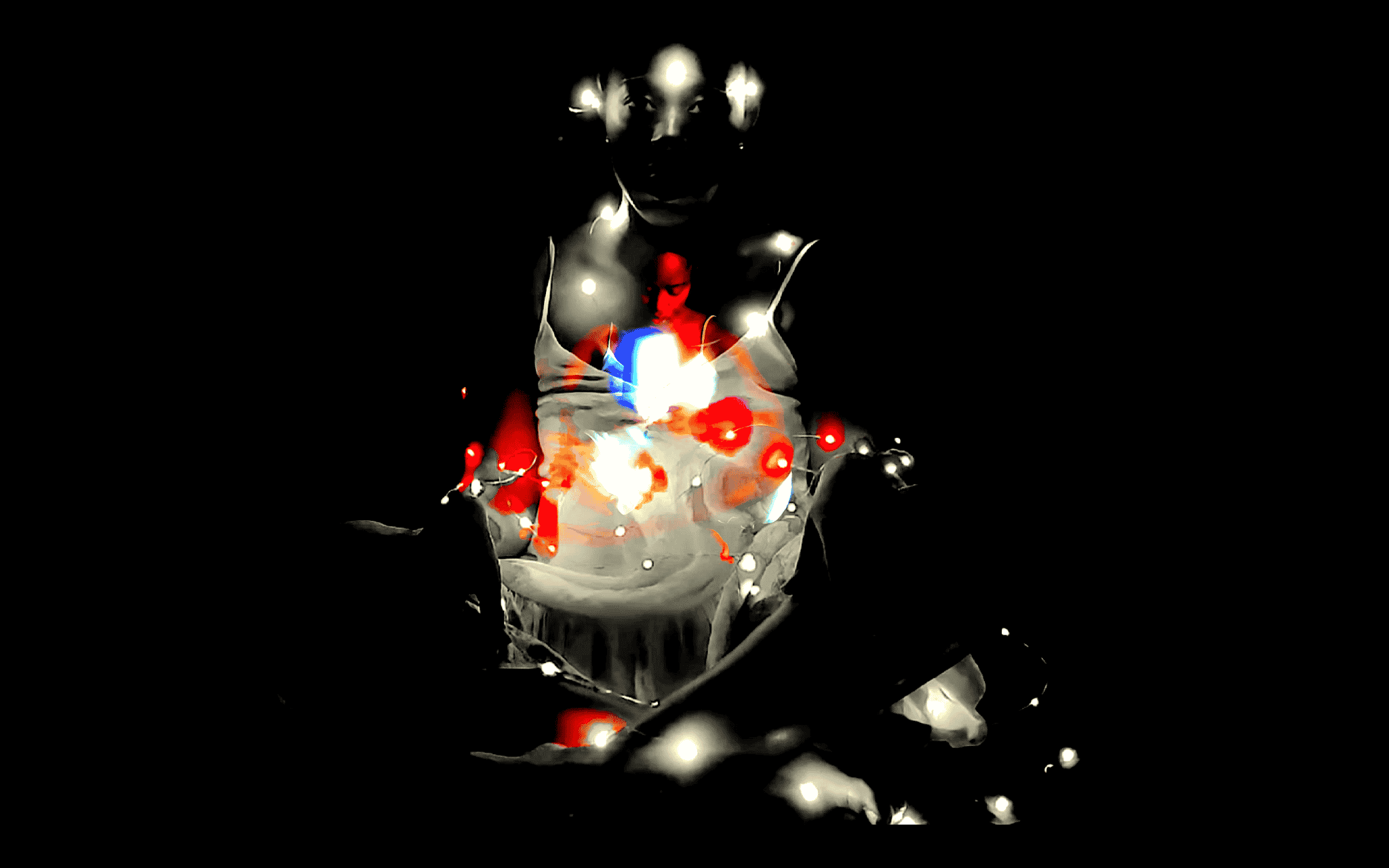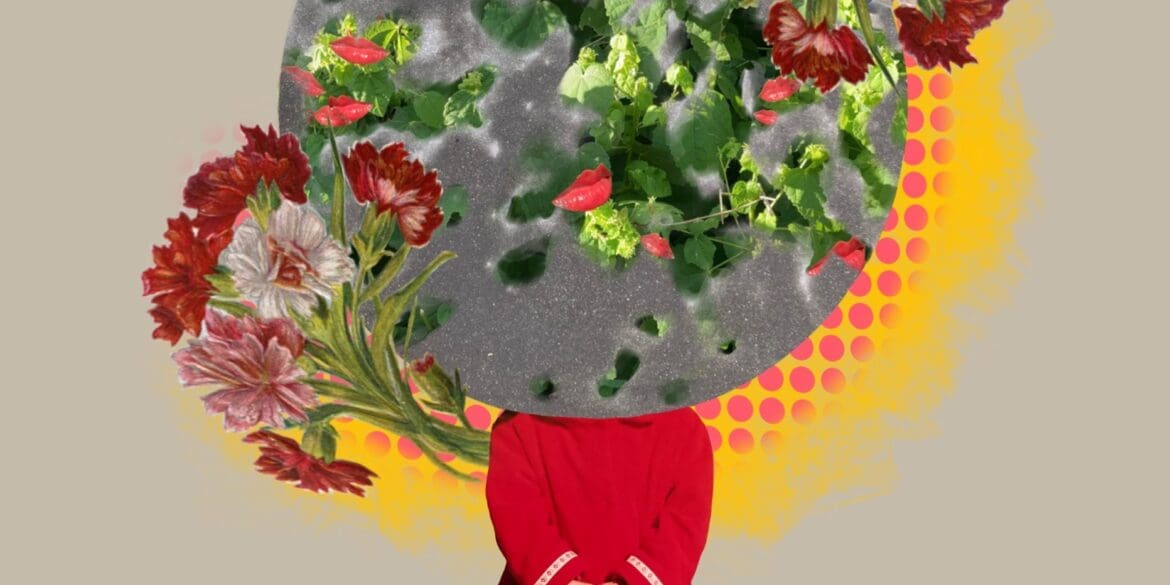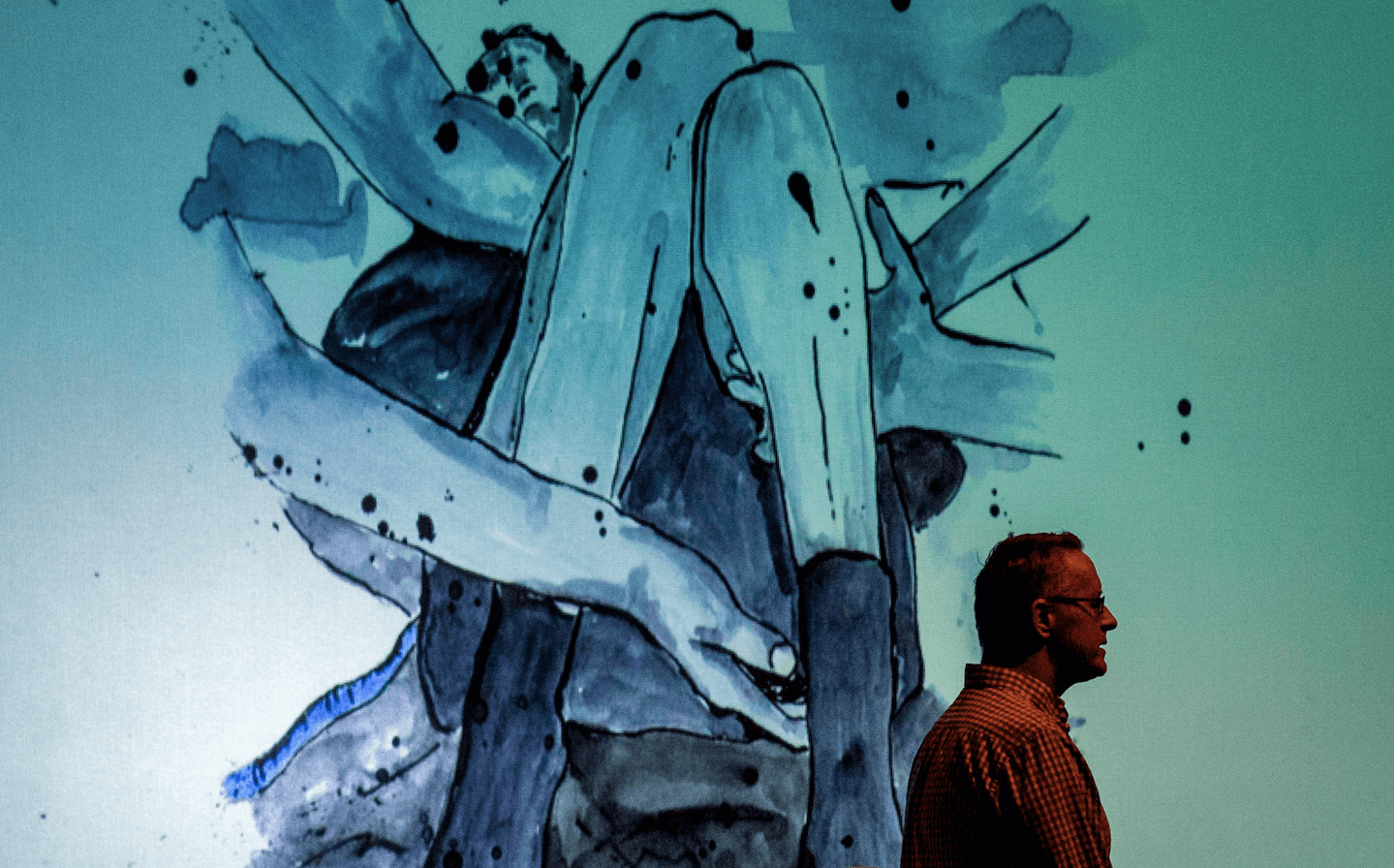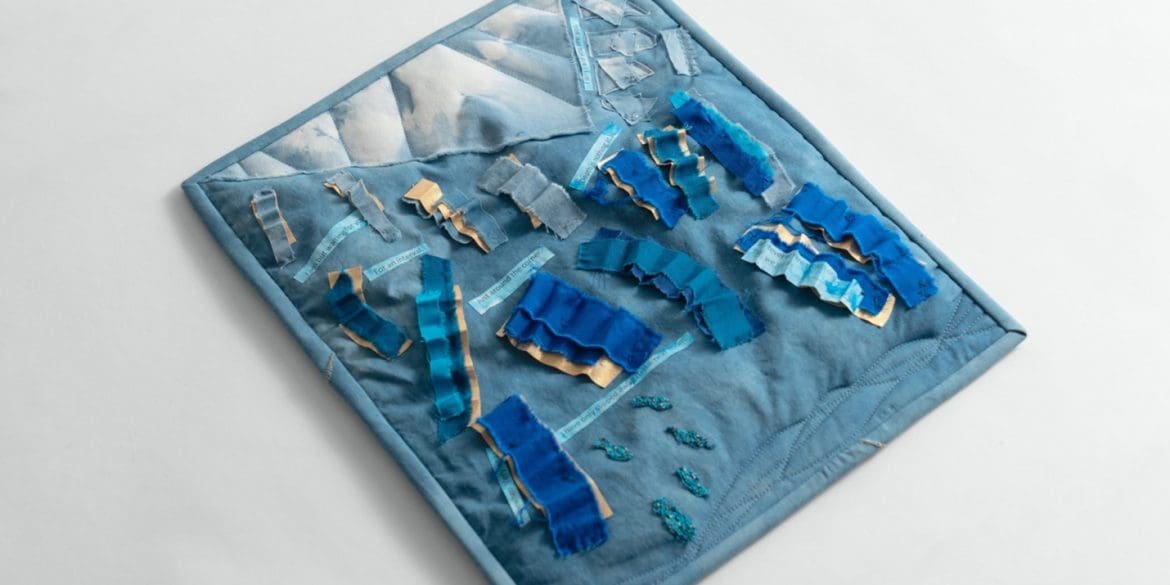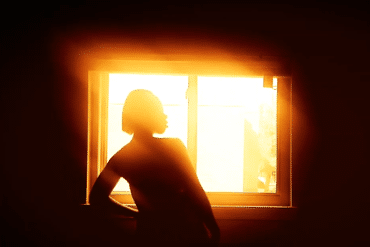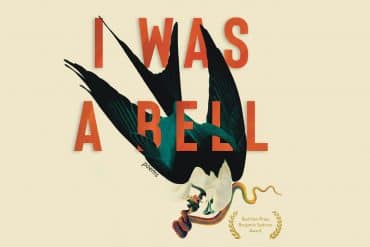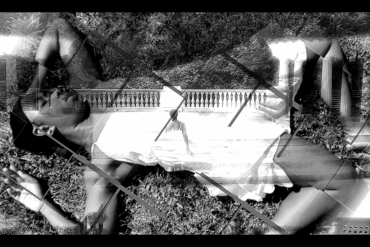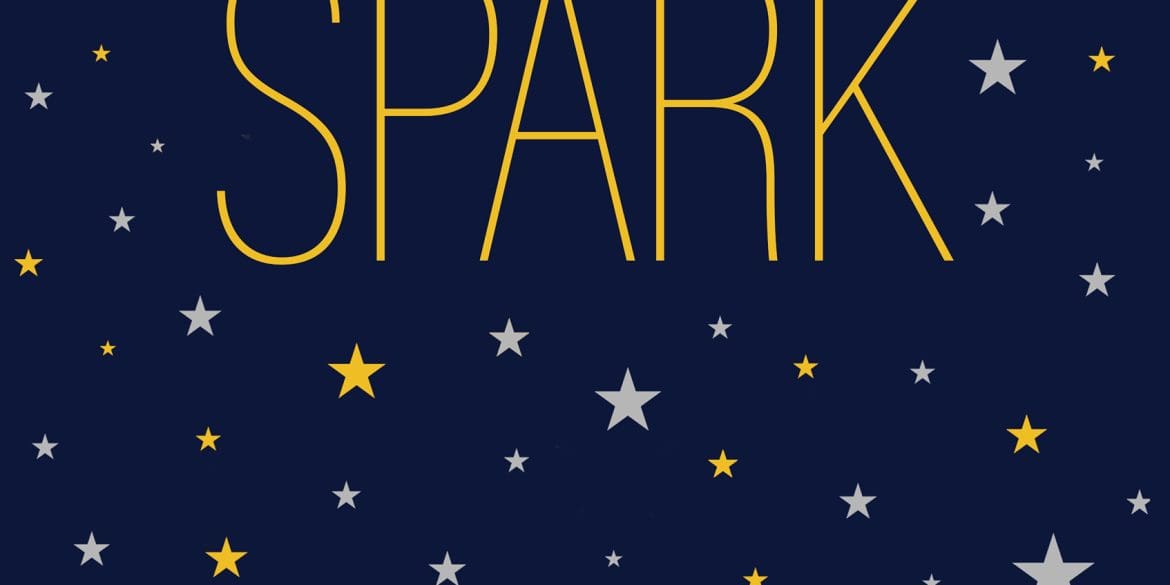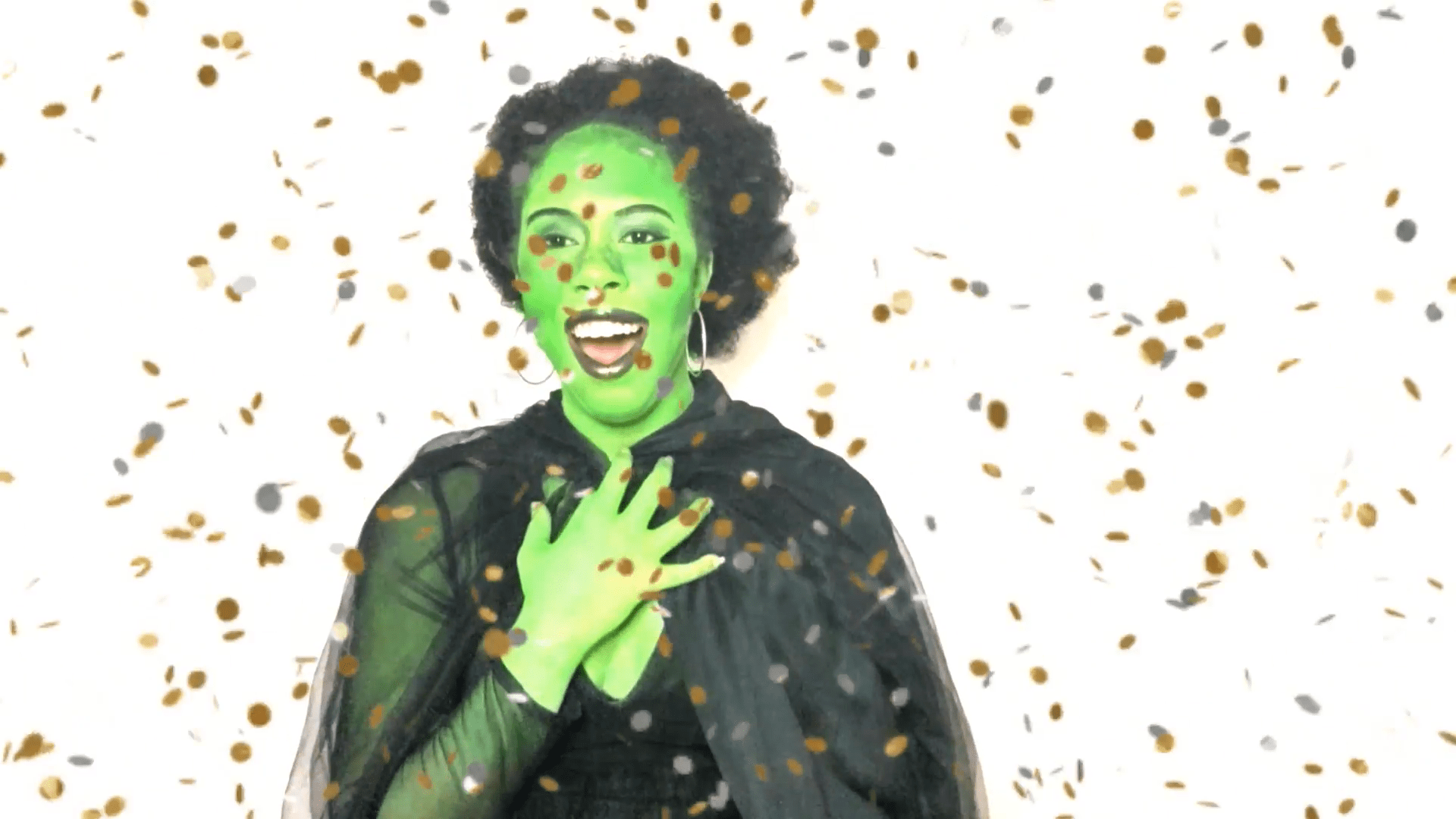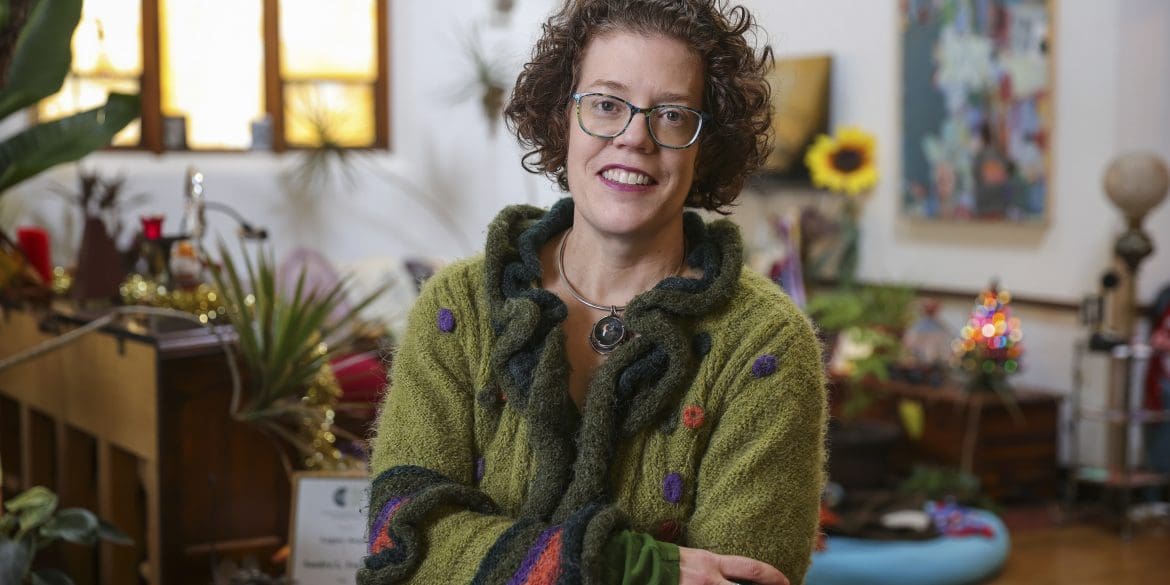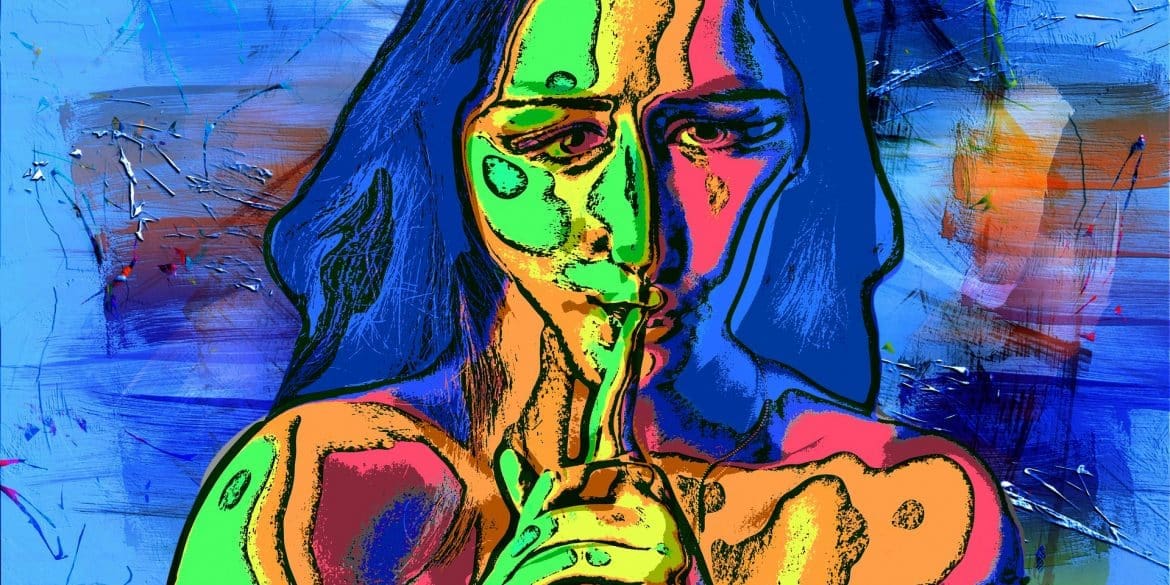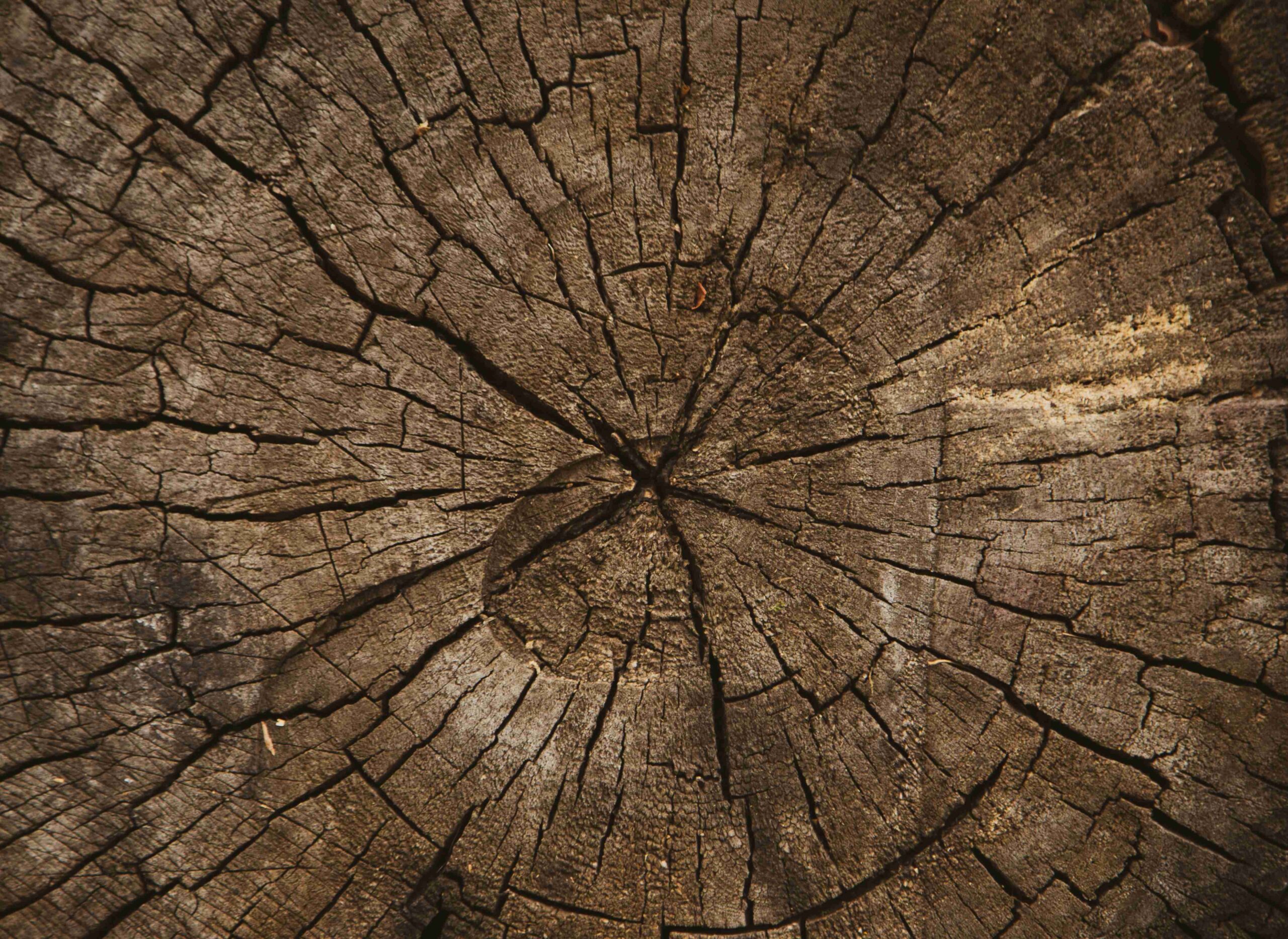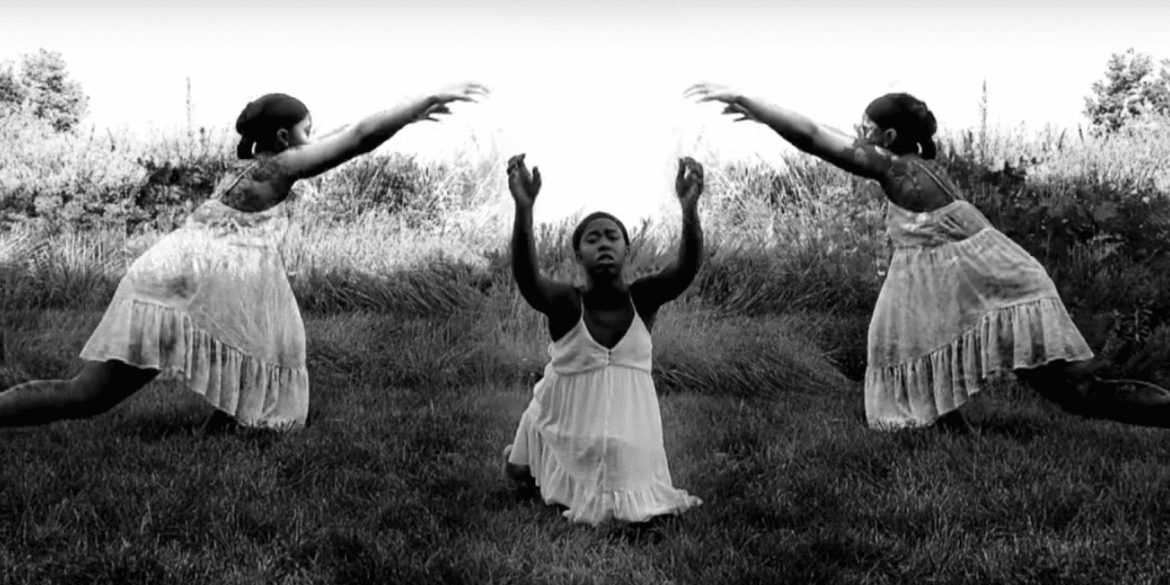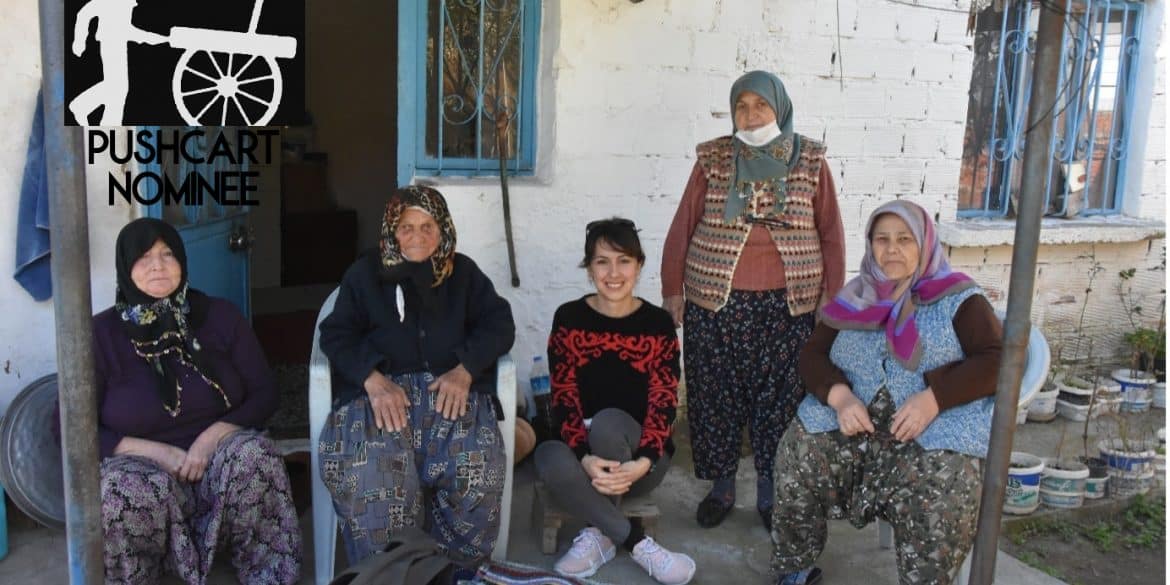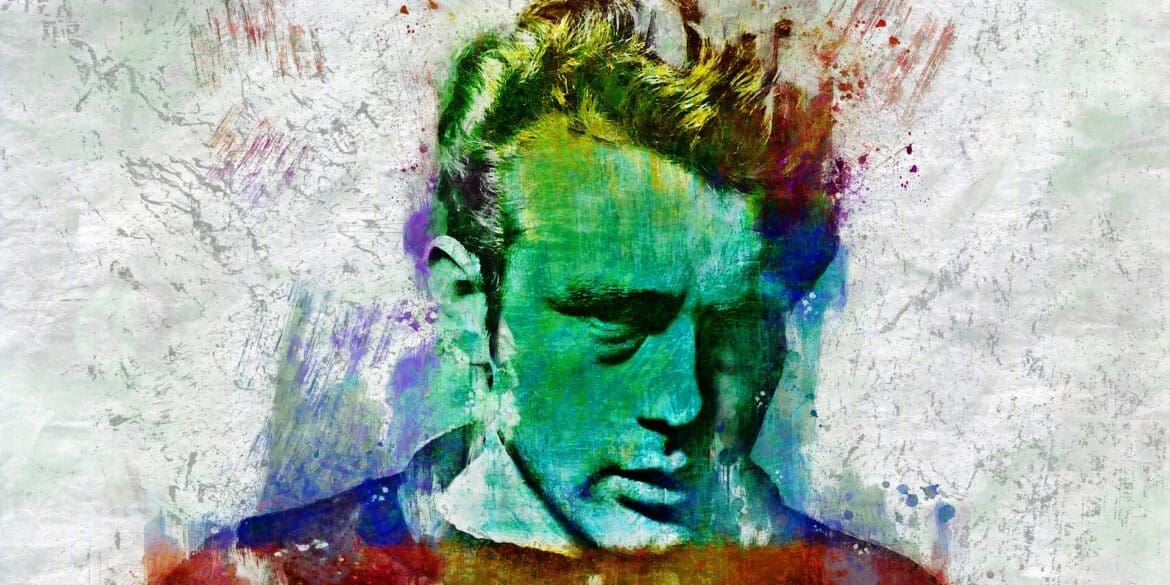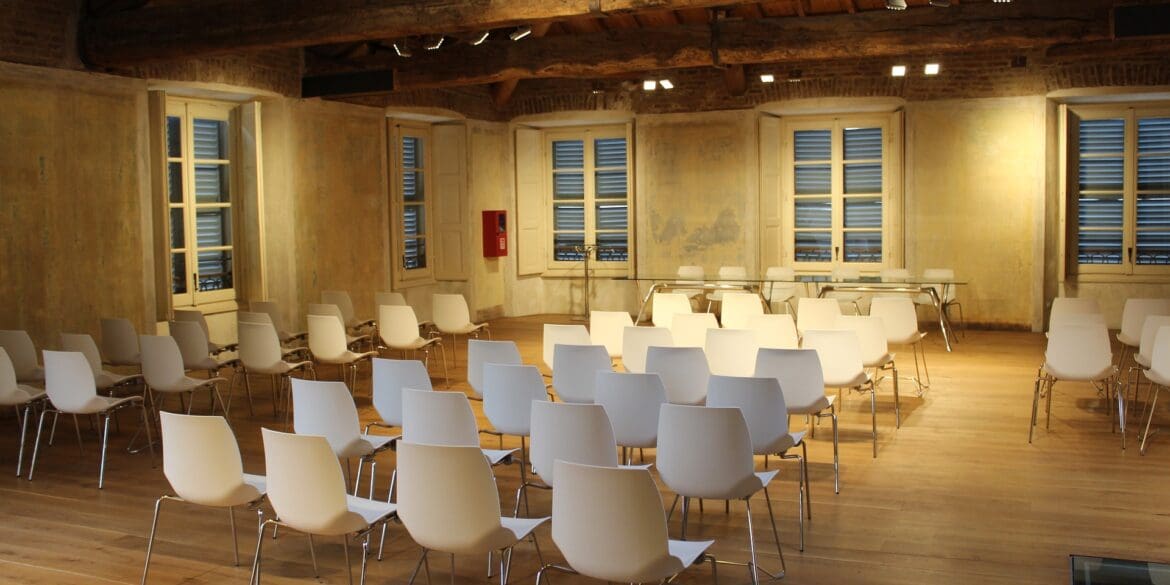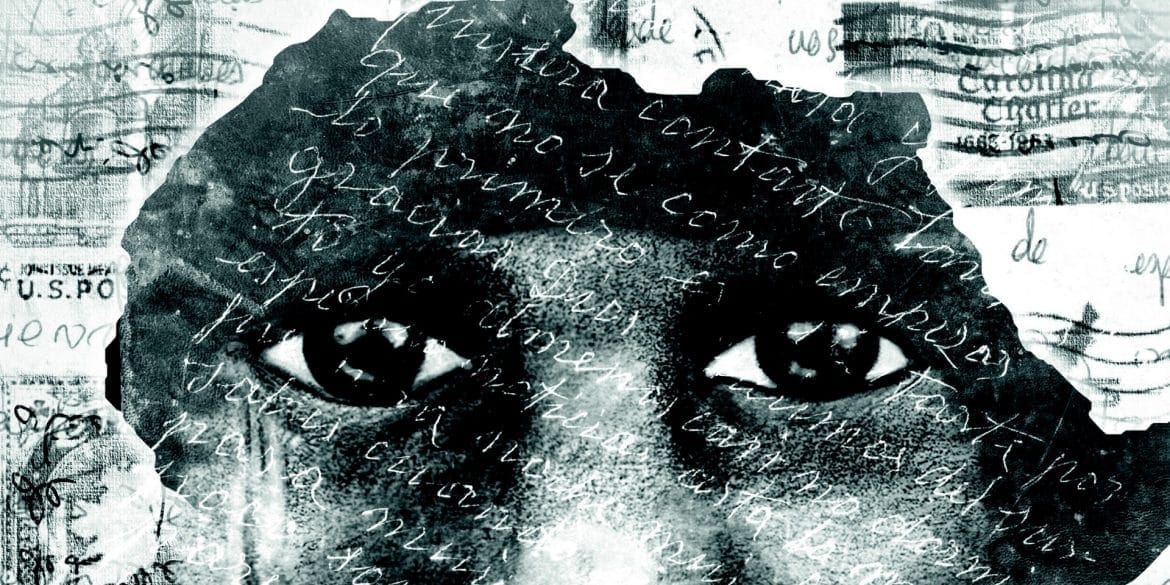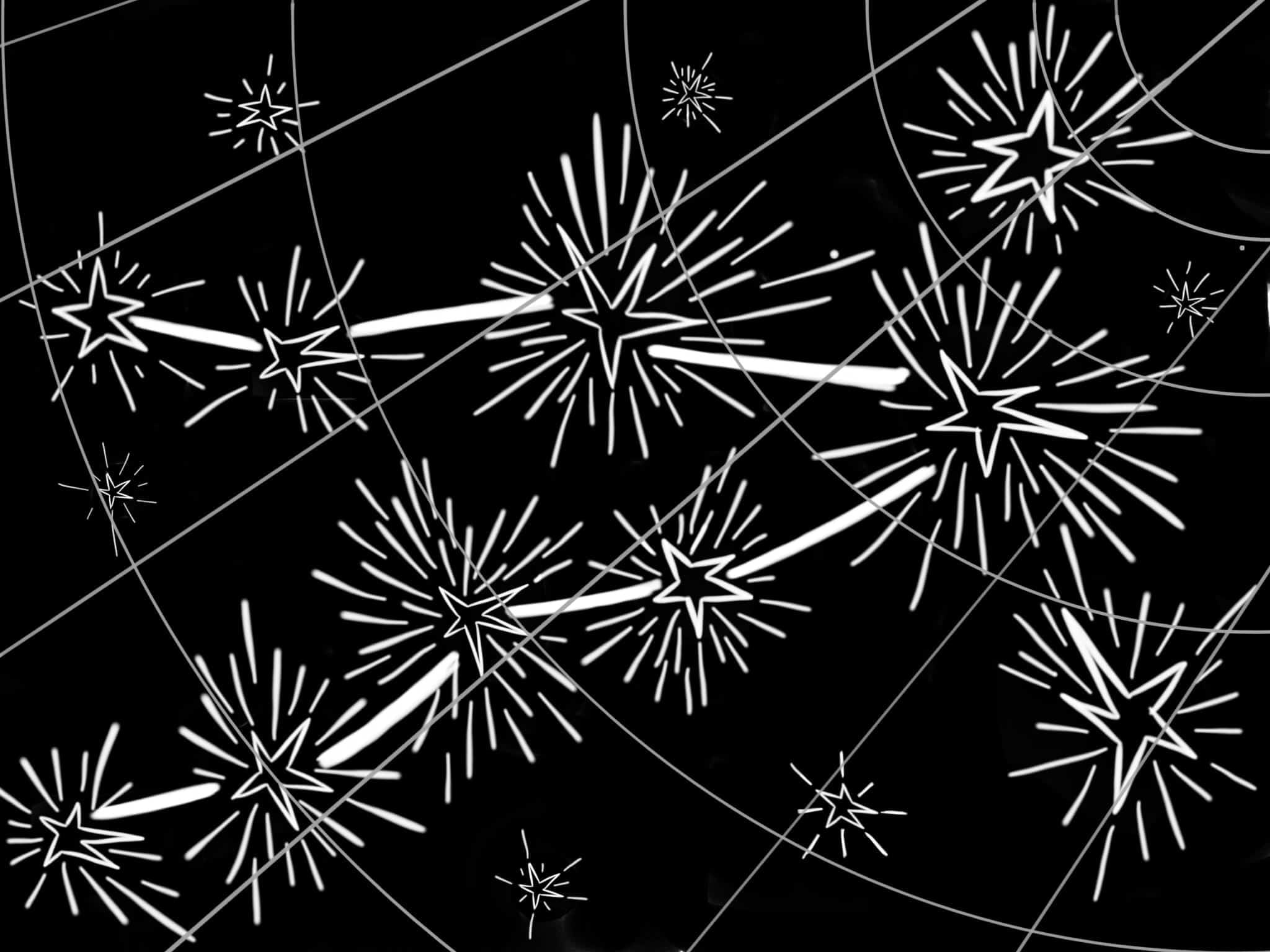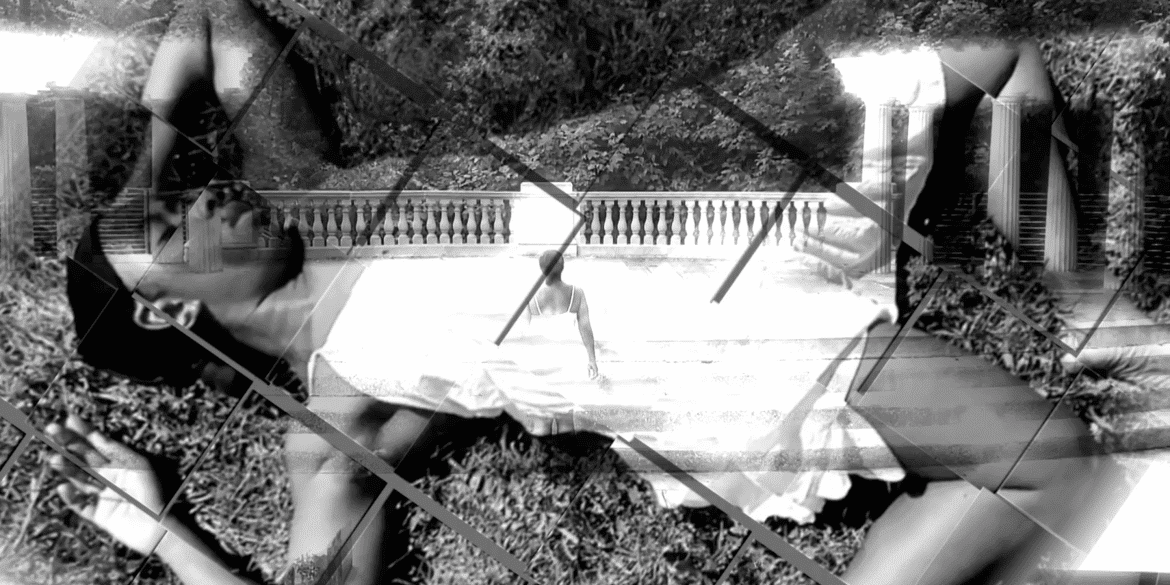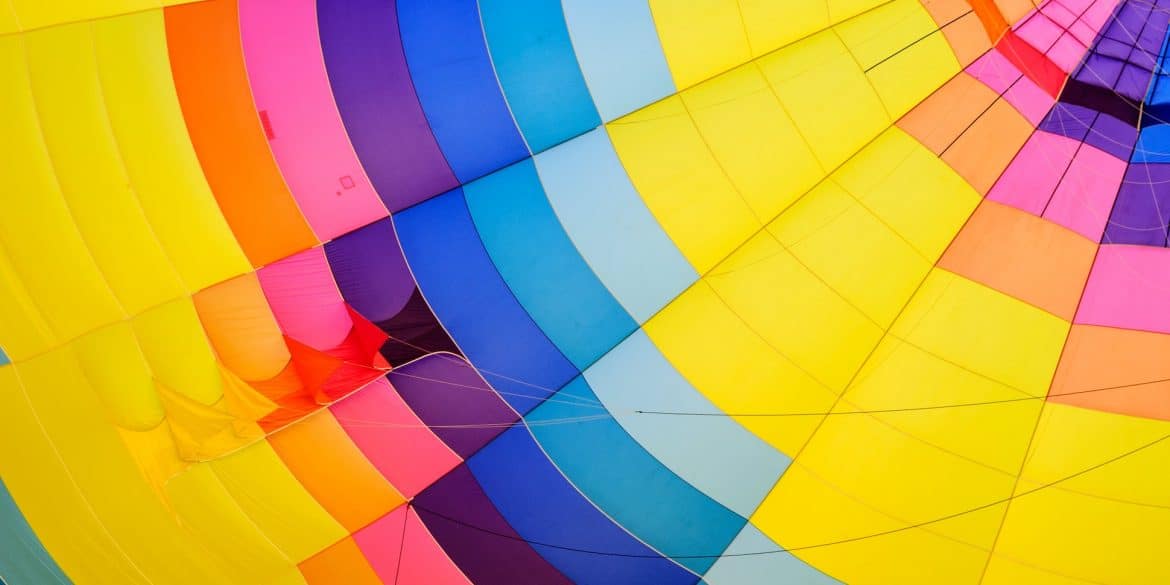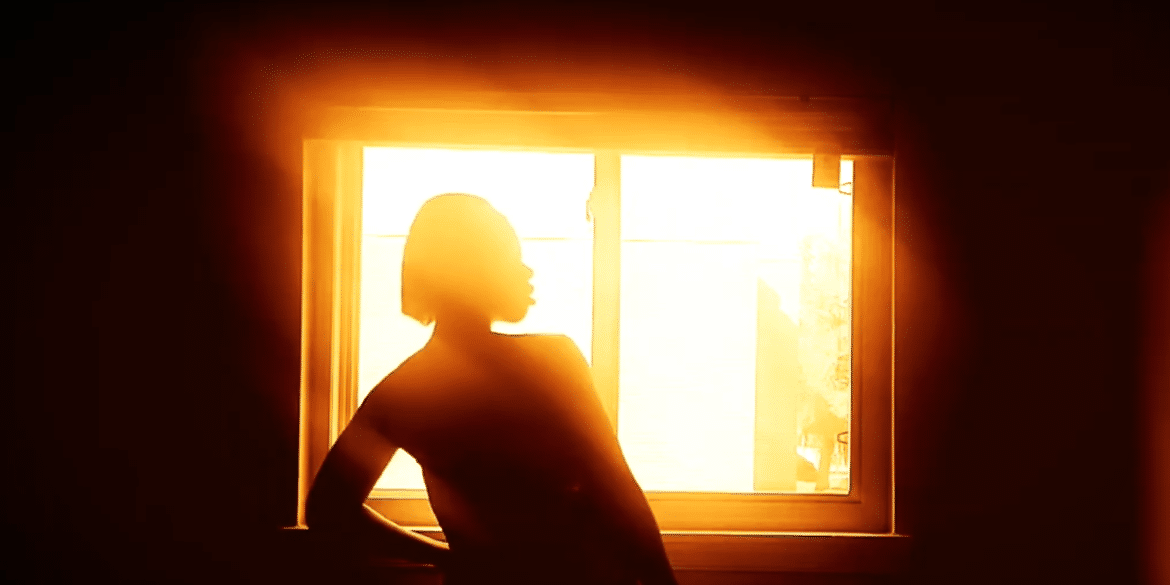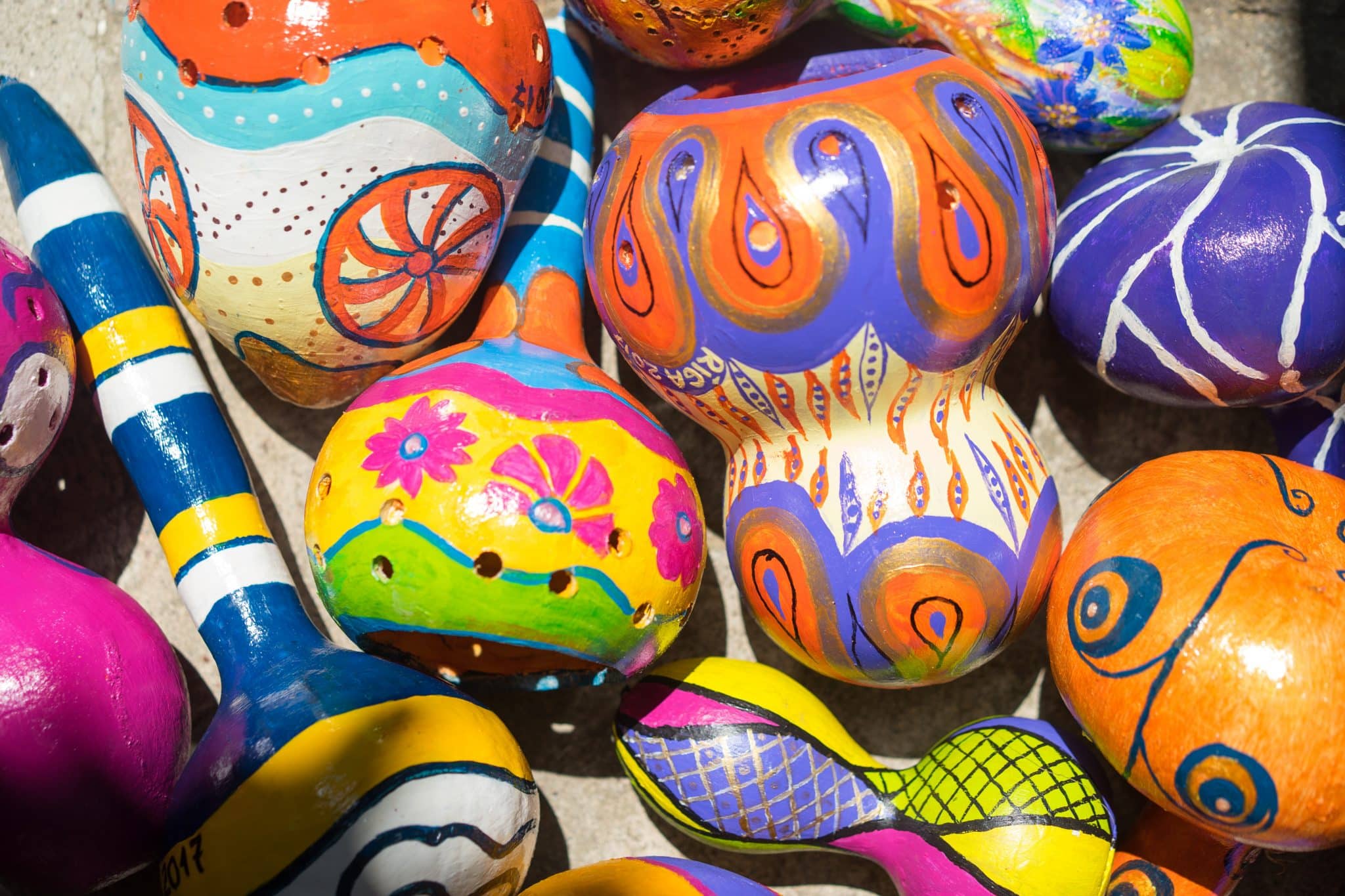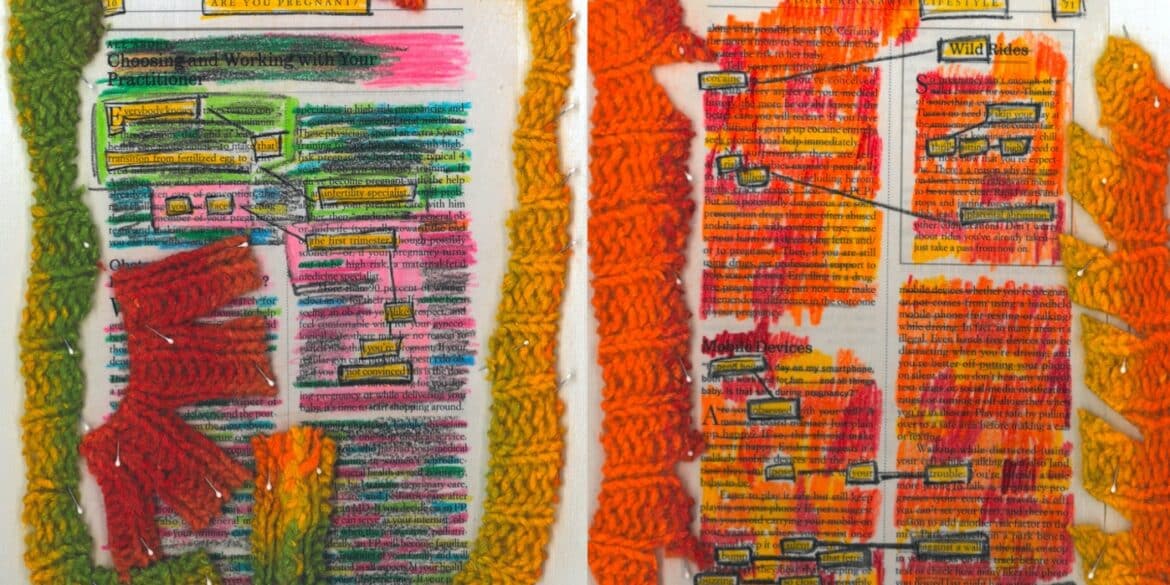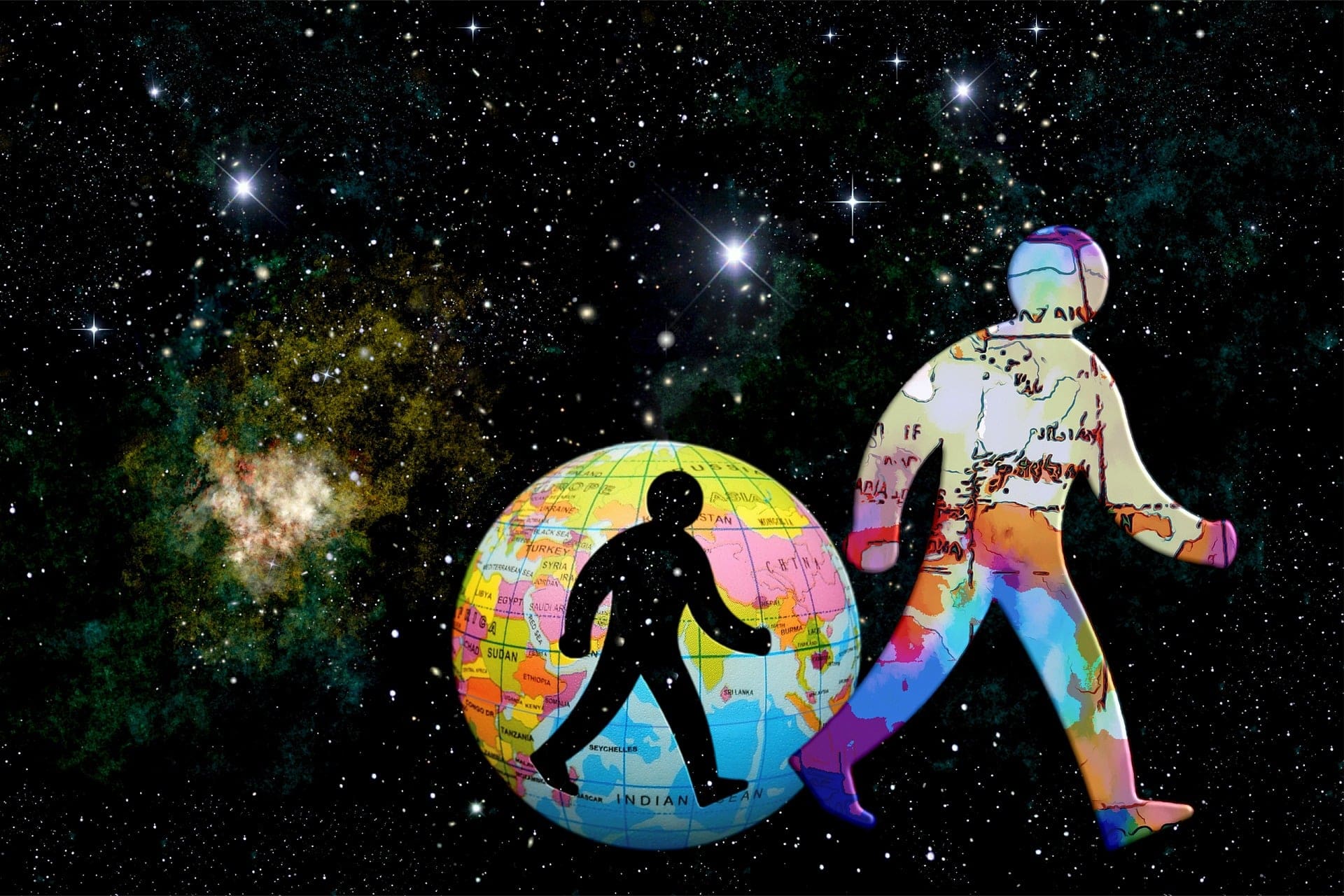POPULAR ARTICLES
autoethnographer: one who uses lived experience as evidence with which to explore cultural phenomena.
FROM OUR ARCHIVES
My essay tells my life story in relation to a specific moment in the history of American women’s access to abortion and reproductive justice.
Through our collaborative autoethnography, we learned that intentionally spending time with grief is well worth the effort.
Ash Watson·
All ContentAutoethnographic EssaysCelebrating Dr. Patricia Leavy's Social Fiction 2024Special Issues
··13 min readLeavy’s 2019 novel about a week-long all-inclusive Icelandic research seminar wends its way through meetings, planning sessions, excursions, debates and dinners to the heart of the paradigms and epistemological questions that structure and drive scholarly research.
"In our latest chat, Patricia Leavy discusses the evolution of the self-coined social fiction genre and offers a sneak peek at her latest publication, Film Blue."
This work, a narrative and poetic account of a school shooting, provides an experiential entry into the experience from the point of view of a faculty member.
”I share this artistic piece as an invitation to problematise and think further about not only the Autoethnographic “I/We” in what I/we can know about ourselves and our bodies but also to make space for the incoherence that becomes a part of “being” and “knowing” in explorations of fragmentation and loss.”
“A Seat at the Table” is the autoethnographic manifestation of my vulnerability, anger, and anguish, of my black feminist grit."
“Four Essays on Being Trans in the Anthropocene” in one of autoethnographic works on my queerness and informed by speculative anthropology.
"This autoethnographic story is about mental illness, specifically bi-polar disorder."
This piece is a creative reflection which emerged out of the auto-ethnographic reflections from my PhD around research extraction.
Patricia Leavy·
All ContentAutoethnographic EssaysCelebrating Dr. Patricia Leavy's Social Fiction 2024Special Issues
··26 min readThere’s also a larger goal underscoring my work. I aim to create a philosophy of the arts and a philosophy of love.
In this work, I unpack how realizing my queerness has influenced how I write my poetry.
FROM OUR ARCHIVES
autoethnographer: one who uses lived experience as evidence with which to explore cultural phenomena.
What is autoethnography? The AutoEthnographer's international team of editors offer definitions & suggested readings.
“The AutoEthnographer is an award-winning, non-profit, open-access, peer-reviewed literary and arts magazine dedicated to presenting the creative side of autoethnography, a qualitative research method uniting ethnography and autobiography that utilizes lived experience as evidence with which to explore cultural phenomena." ISSN: 2833-1400
AUTOETHNOGRAPHIC WRITING
AUTOETHNOGRAPHIC POETRY
AUTOETHNOGRAPHIC WRITING
Written by a white, cisgender, male yoga practitioner and newly qualified teacher from a working-class, Northern English background, this account seeks to elucidate upon how the issues noted may manifest.
I provide context by referencing theory and practice in narrative medicine and current literary criticism around trauma plots.
In this 2nd of my Processing Parental Grief series, Calliandra receives a letter from her mother weeks after her death.
AUTOETHNOGRAPHIC MULTIMEDIA
Vivian Wagner·
All ContentAutoethnographic Art & MultimediaAutoethnographic PoetryClimate Change Special Issue, 2022Special Issues
··8 min read“We noticed signs of climate change and felt a sense of impending doom, even as we witnessed how human beings across the continent are trying to keep alive a sense of culture, art, and kindness.”
"My oil on canvas series, "Journey of Self Love," depicts a variation of obstacles I've personally had to endure throughout my life as a woman."
This artwork is based on a startling and memorable encounter at the local vet while attempting to get Anaïs spayed.
Ulla-Maija Matikainen·
All ContentAutoethnographic EssaysAutoethnographic PoetryEducationFrom the EditorsMoreVolume 3, Issue 2 (2023)
··4 min read A tsunami of words, images, learned and pushed feelings and thoughts go through us every day. Poetry is a way to find our own voice.
I write out of the consciousness that I am both a product of the violence of war and a migratory being—not only in the strictest sense of physical displacement, but also in belonging.
“What is it like to live and work in a regional comprehensive university during a time of major organizational change and intense conflict?”
Shanita Mitchell and Marlen Harrison·
All ContentAutoethnographic Art & MultimediaMorePodcastsReflections on MethodVolume 3, Issue 2 (2023)
··18 min readToday we're talking with the award-winning author, researcher, and performer, Shanita Mitchell about performance and autoethnography.
Through our collaborative autoethnography, we learned that intentionally spending time with grief is well worth the effort.
"It is in finding these solutions, the tape and the glue that holds us all together, that we find the beauty of who we are as people."
"Give Me a Strawberry Cockroach" is the first article in our 2023 special issue on laughter and tells a story of Japanese language learning and performance.
Patricia Leavy·
All ContentAutoethnographic EssaysCelebrating Dr. Patricia Leavy's Social Fiction 2024Special Issues
··6 min readStory-worlds were magical—they transported me to different places where I’d meet new people, and learn about their lives in visceral ways.
Terry Graff·
All ContentAutoethnographic Art & MultimediaAutoethnographic EssaysClimate Change Special Issue, 2022Special Issues
··13 min read"In retrospect, it was inevitable that birds and machines would converge in my work as a life-long exploration and expression of the relationship between nature and technology through the creation of avian cyborgs, the genesis of which can be traced back to my early drawings of robots and of the bygone birds of my childhood."
NEWS, INTERVIEWS & REVIEWS
"The AutoEthnographer is excited to announce the 2022 International Symposium on Autoethnography and Narrative (ISAN), a fully online conference. The conference will occur via Zoom on January 2-5, 2022."
"I’ve already resisted that scholarship is not creative and poetry is not part of my scholarly self. I think the idea of autoethnography allows for that cultural divide between the creative and academic to be really disrupted."
How do creatives find joy in artistic performance as a form of black feminist autoethnography? Podcast & video.
SPECIAL ISSUES
EDUCATION, INTERVIEWS, PODCASTS, & REVIEWS
REFLECTIONS ON METHOD


